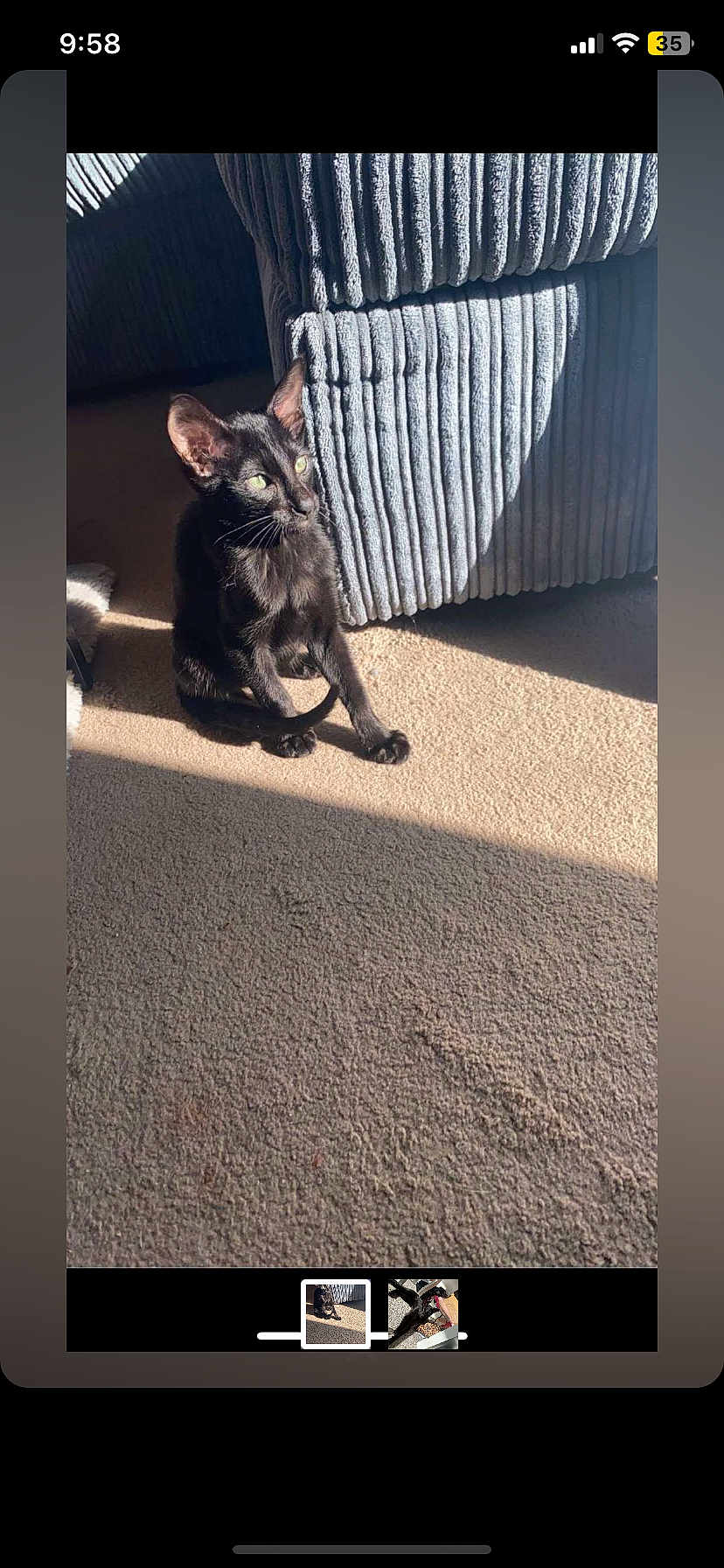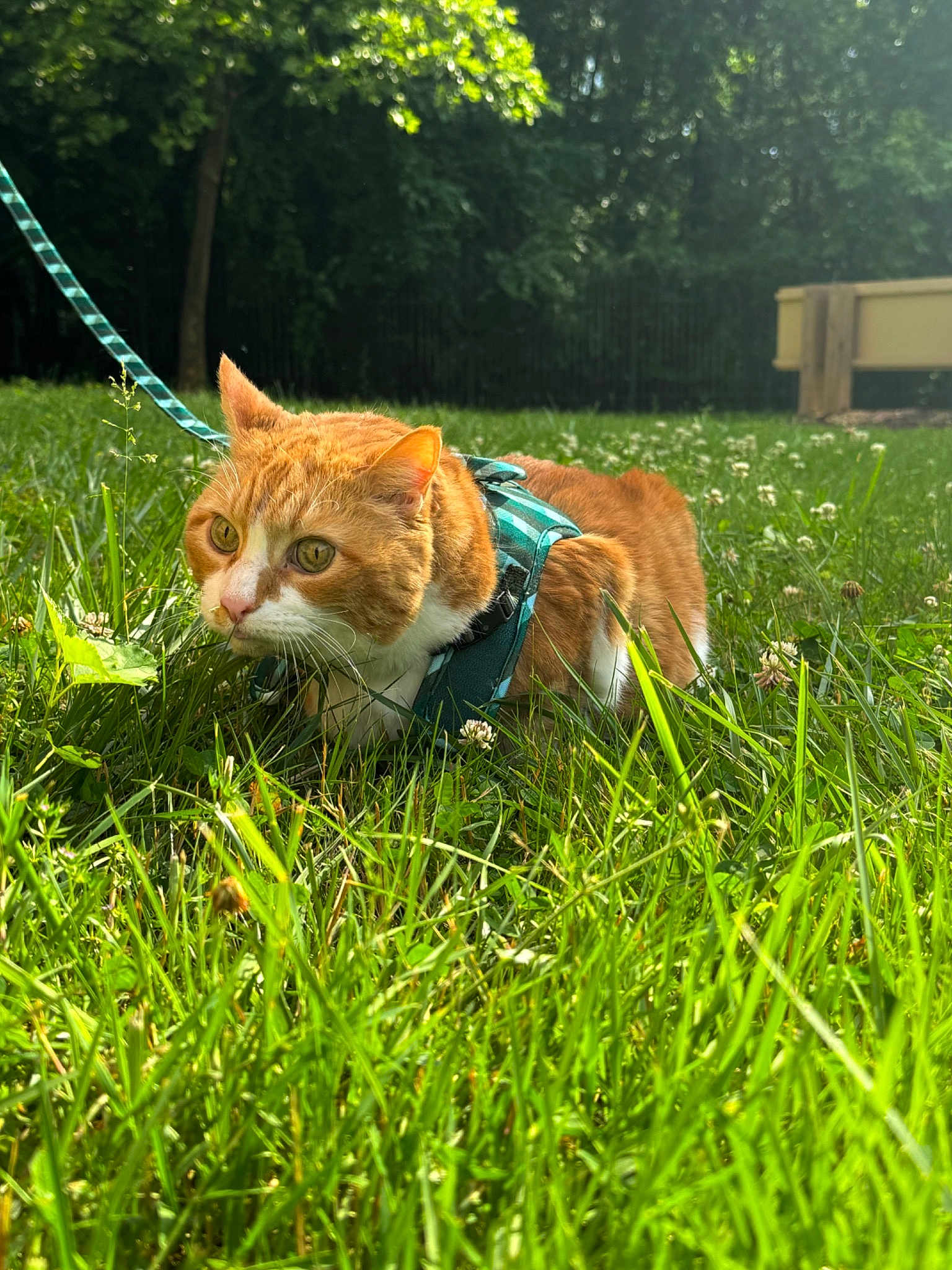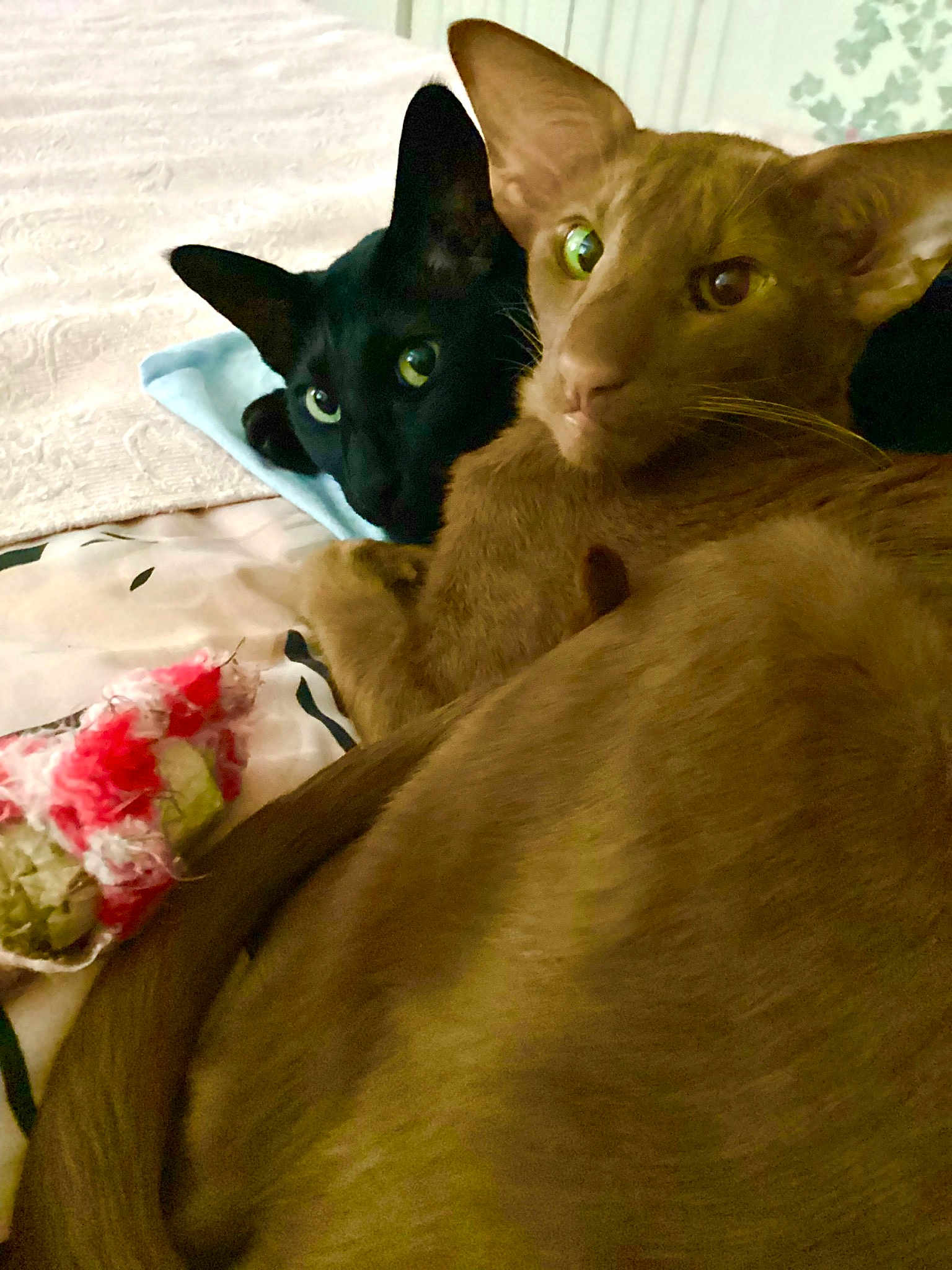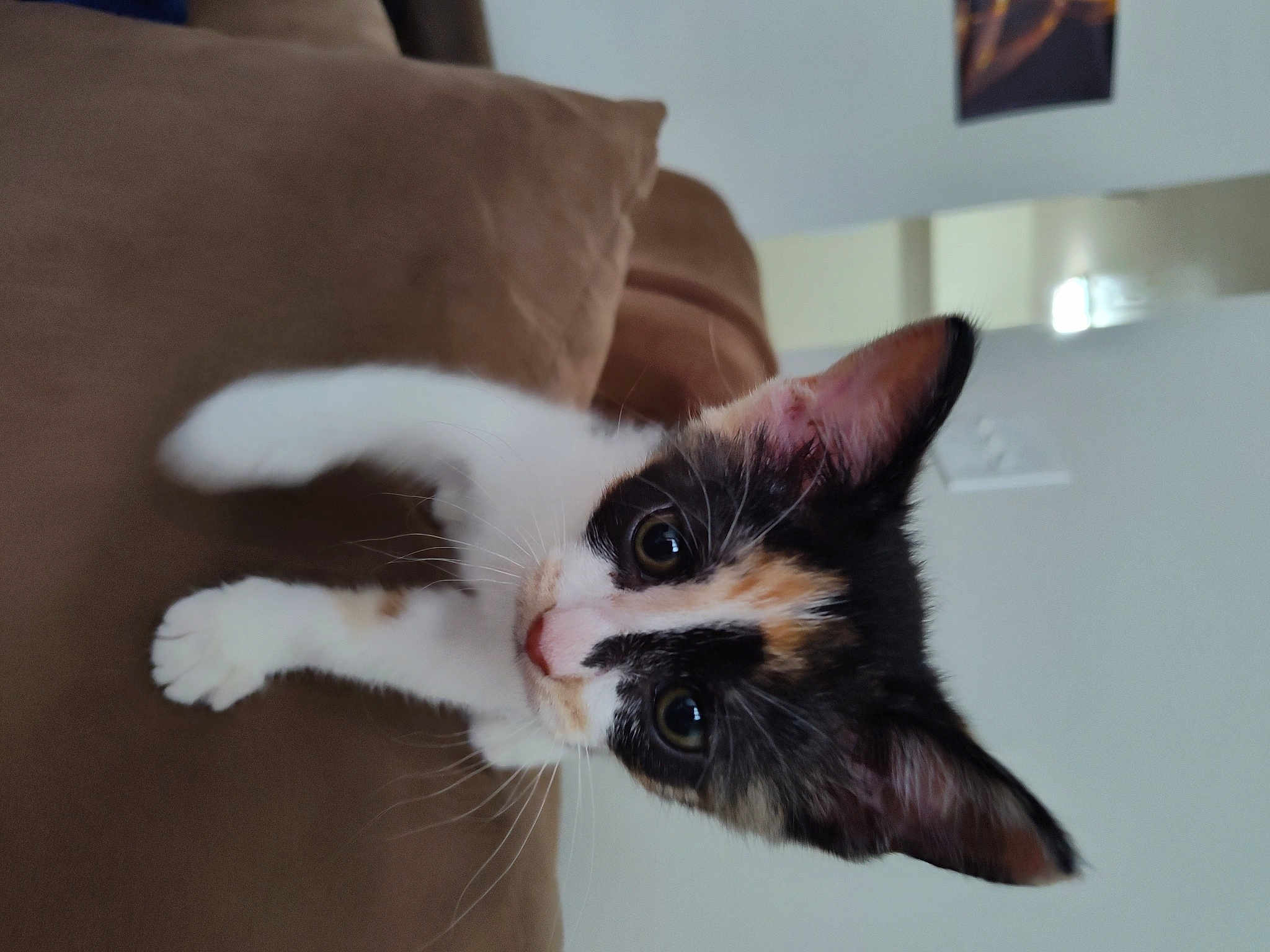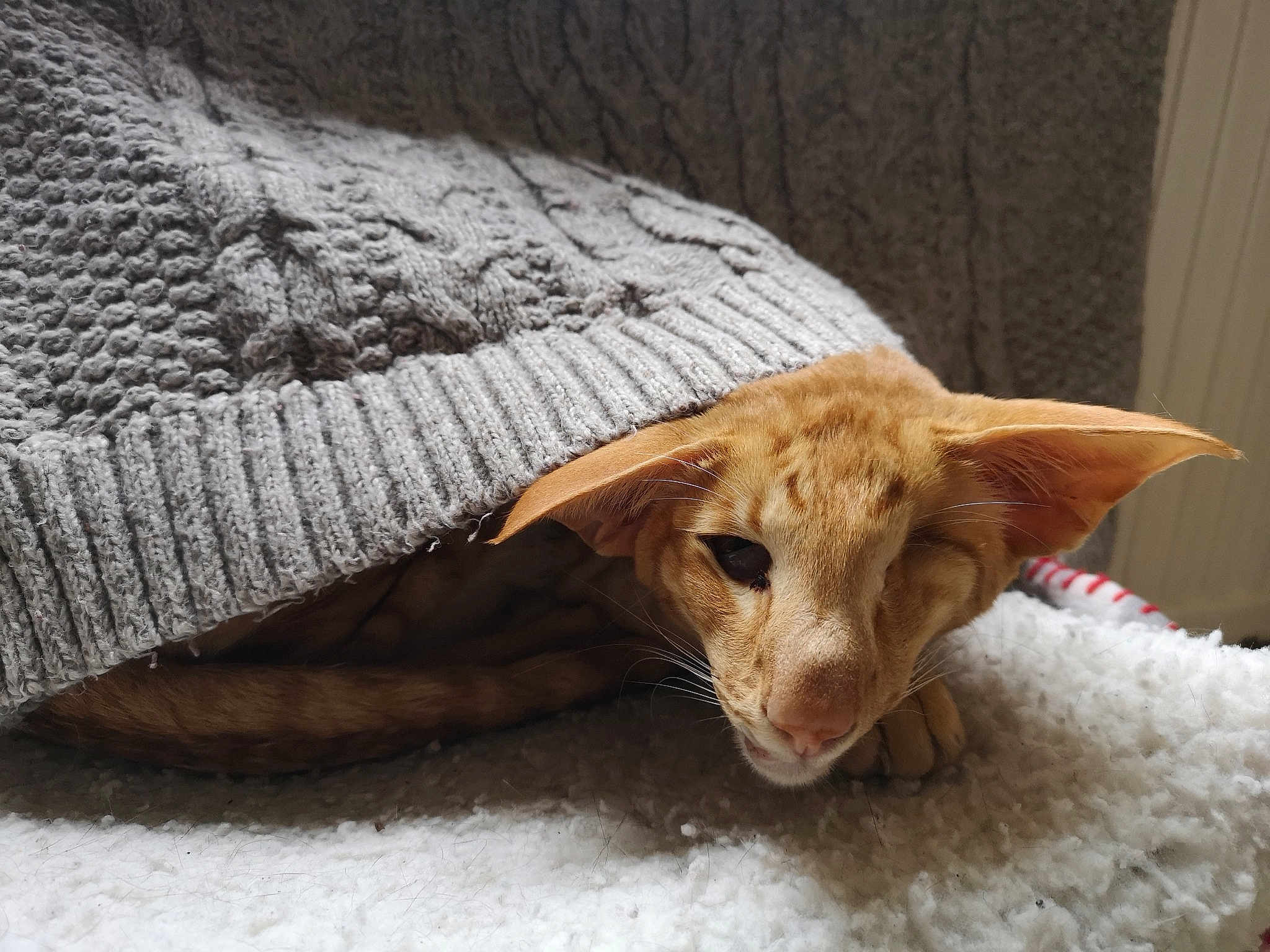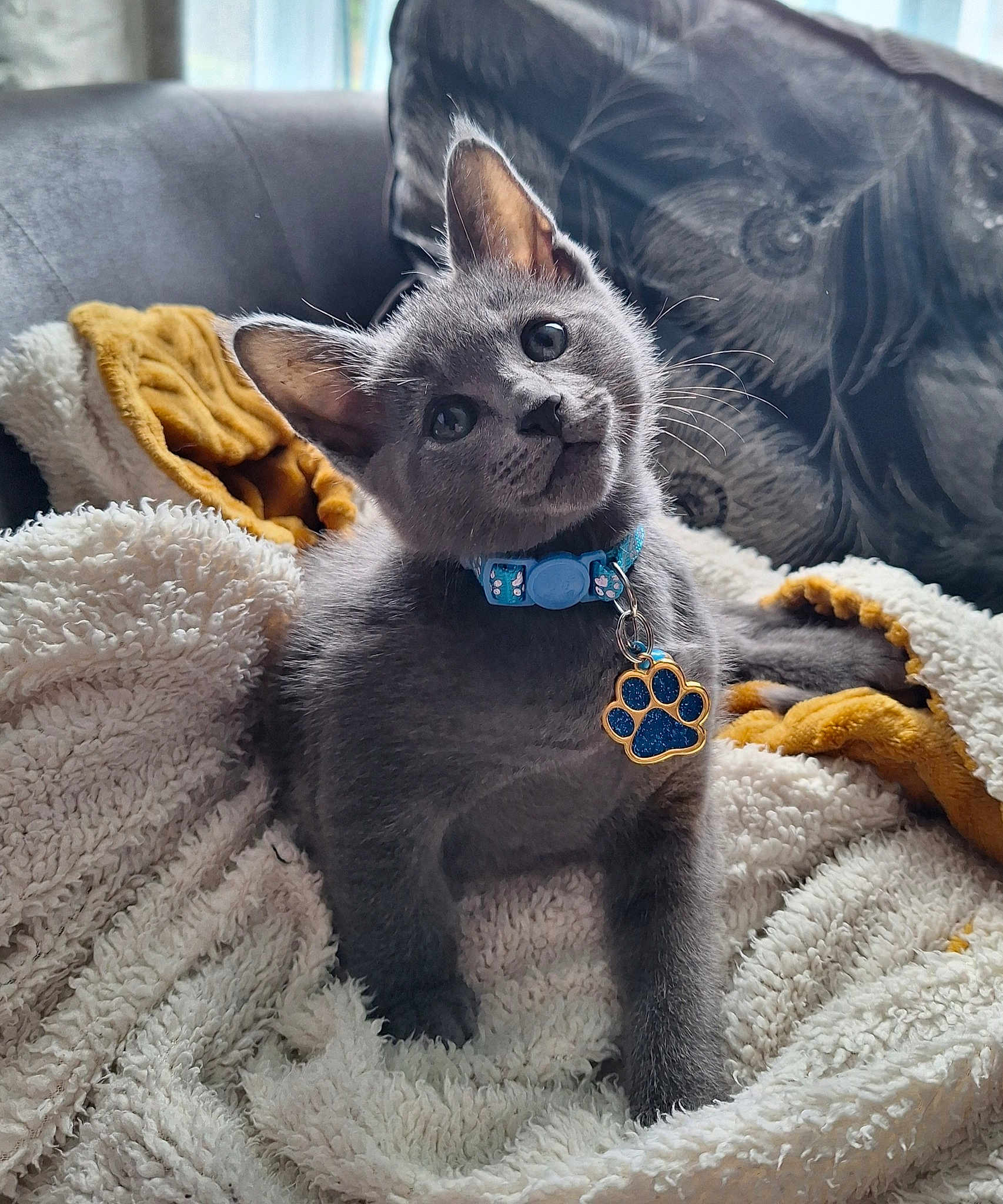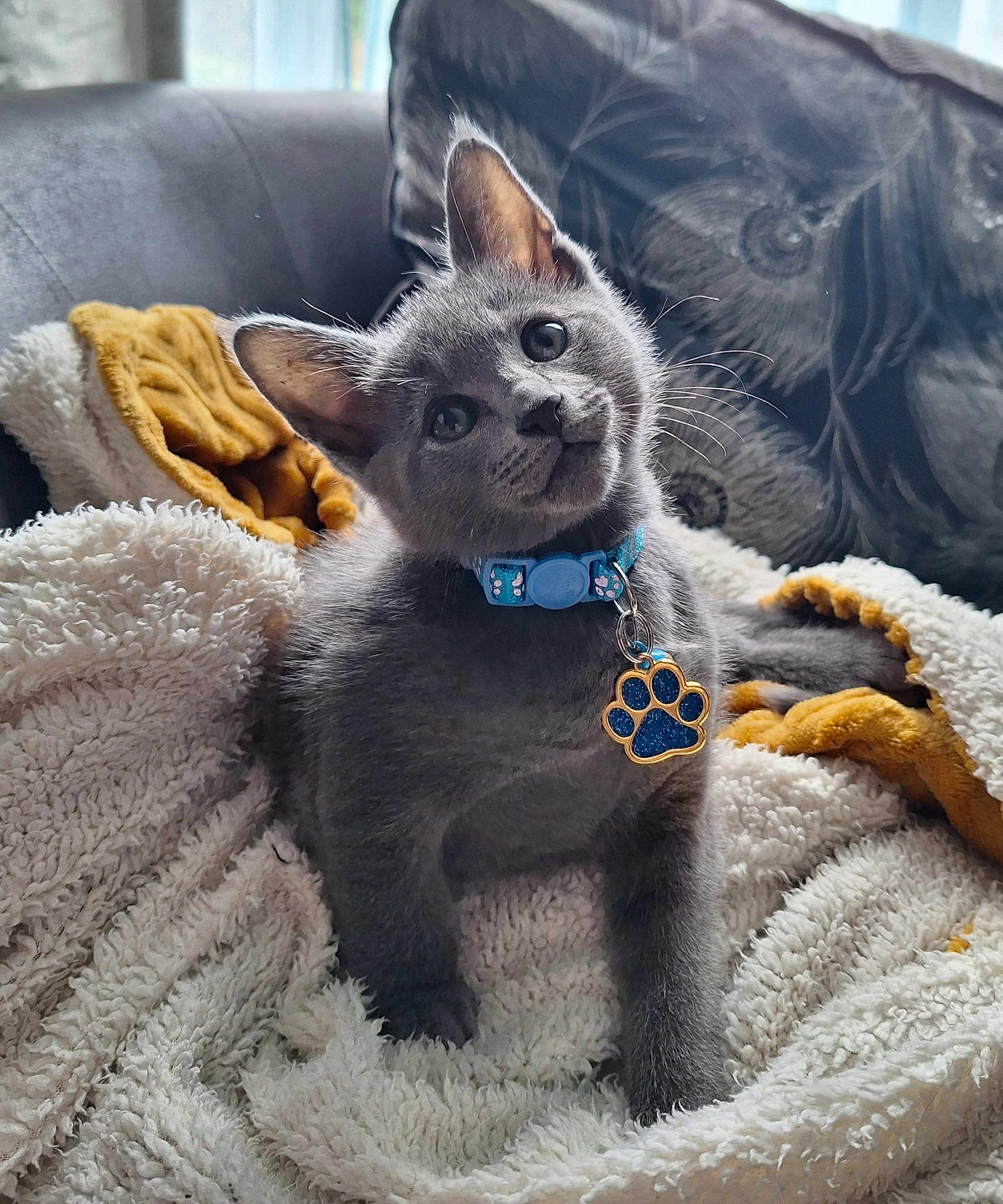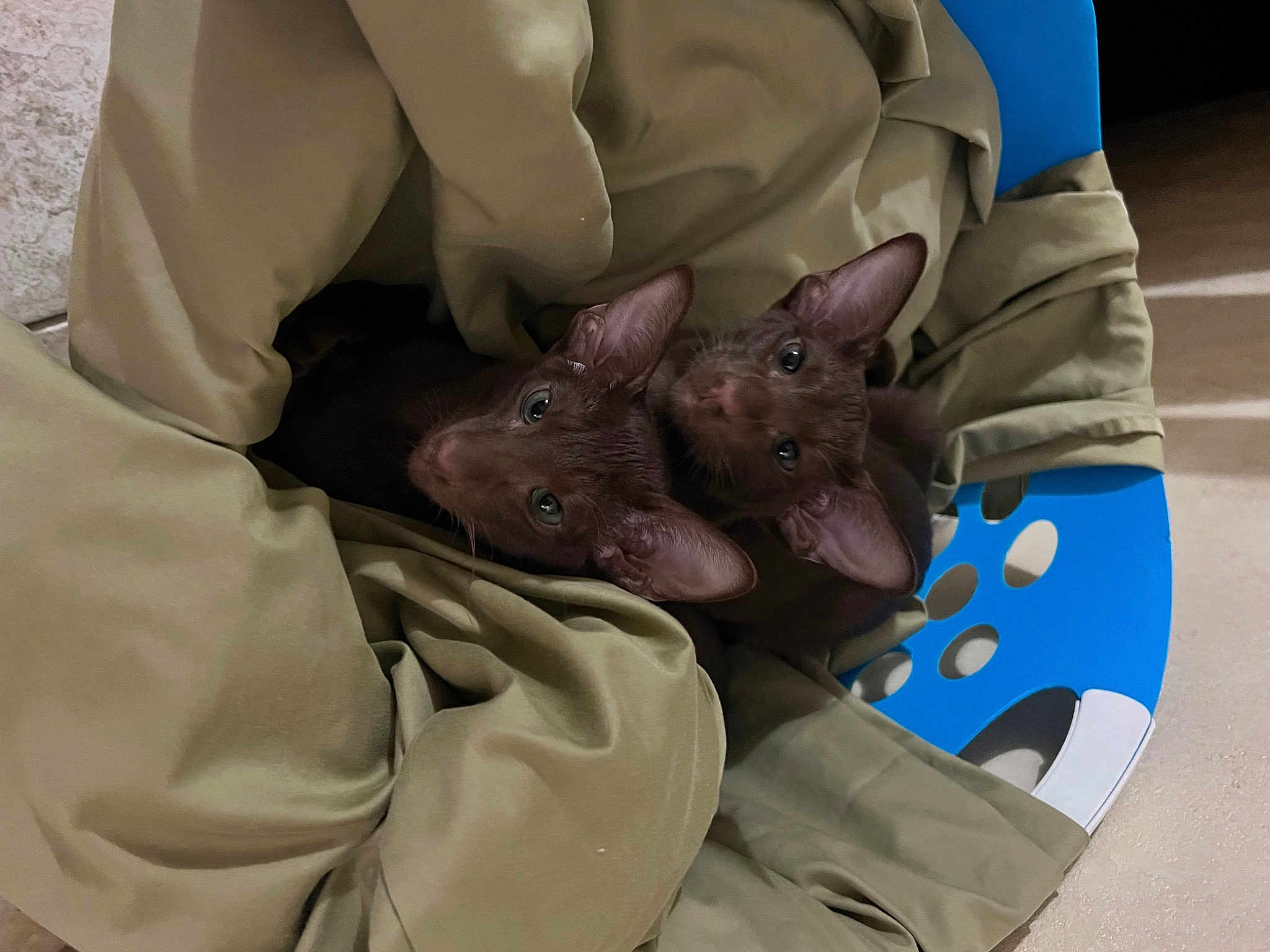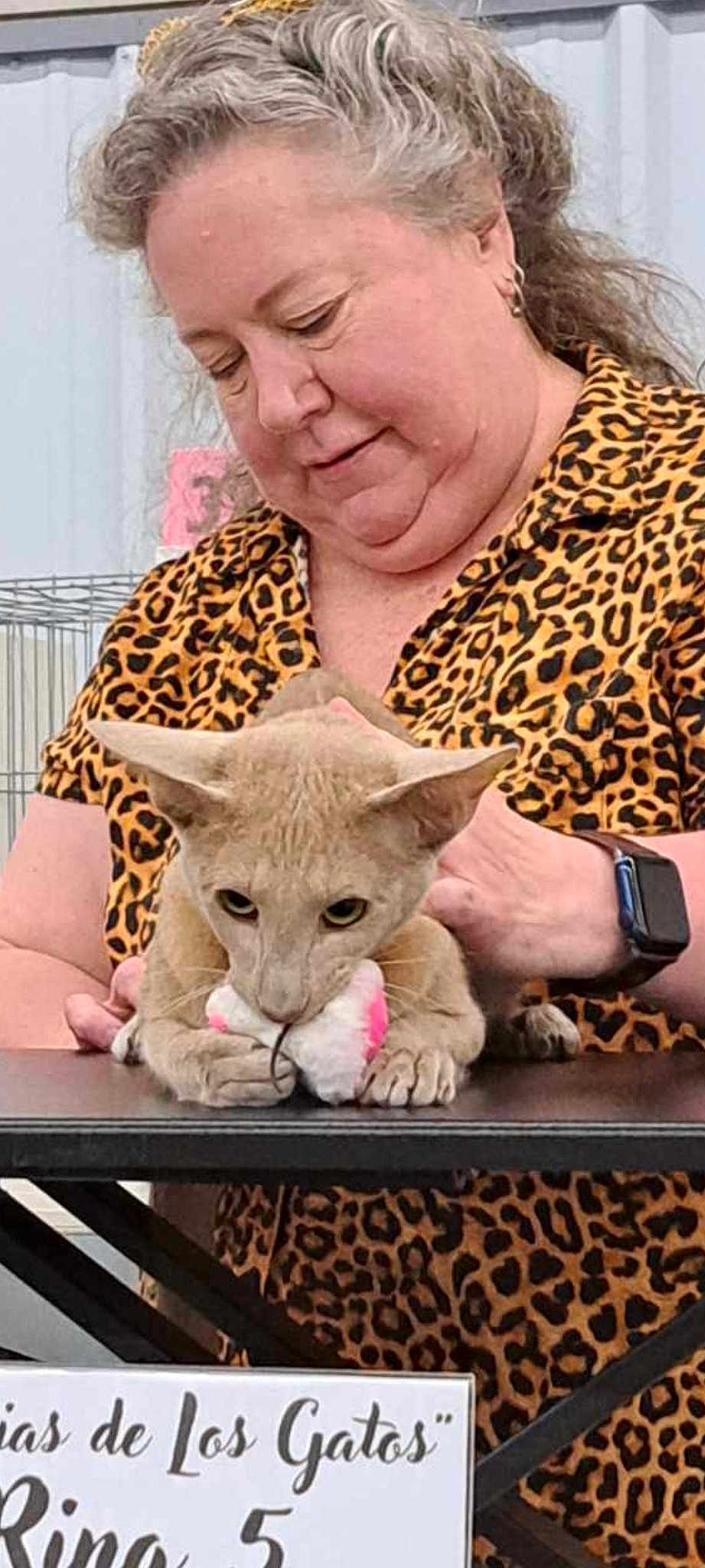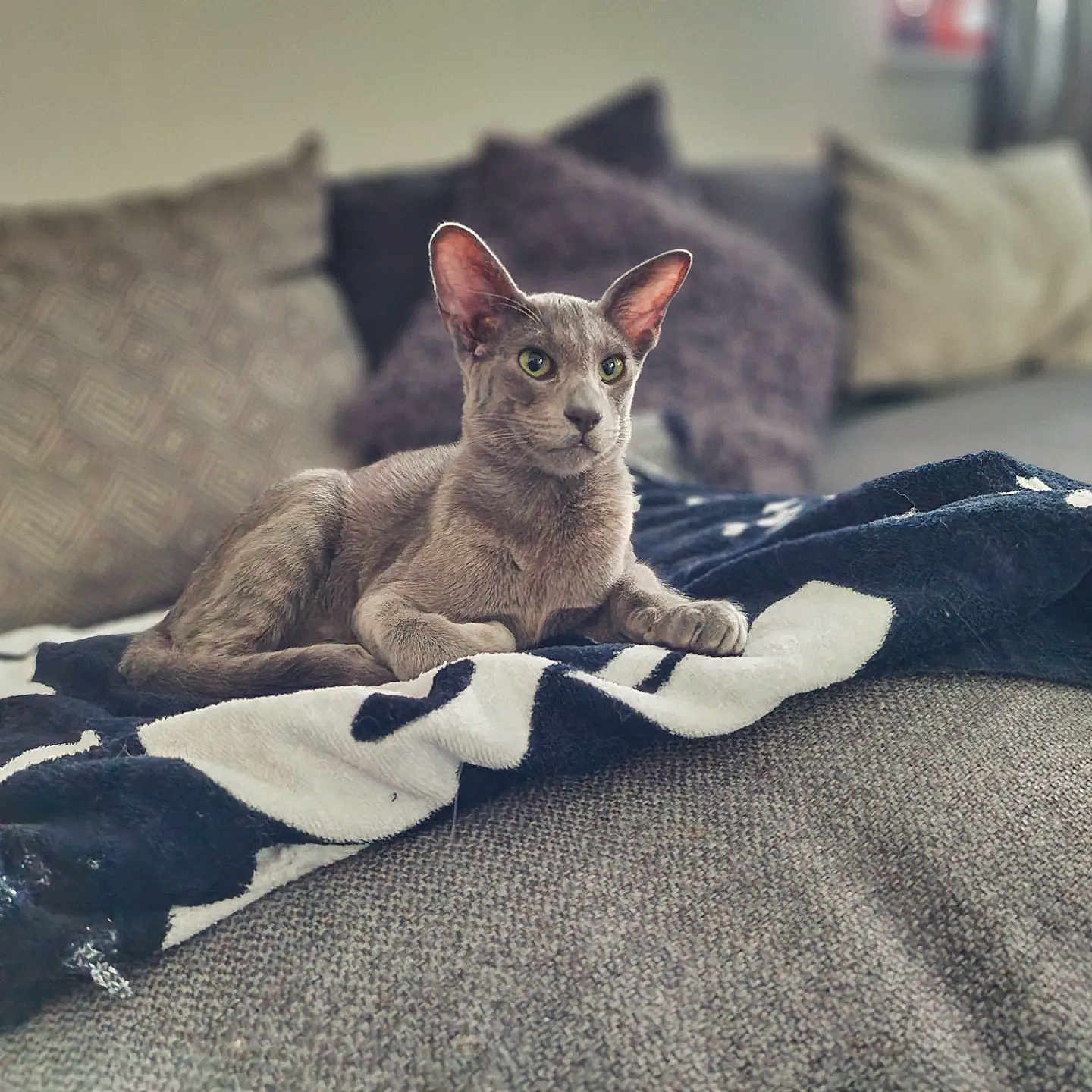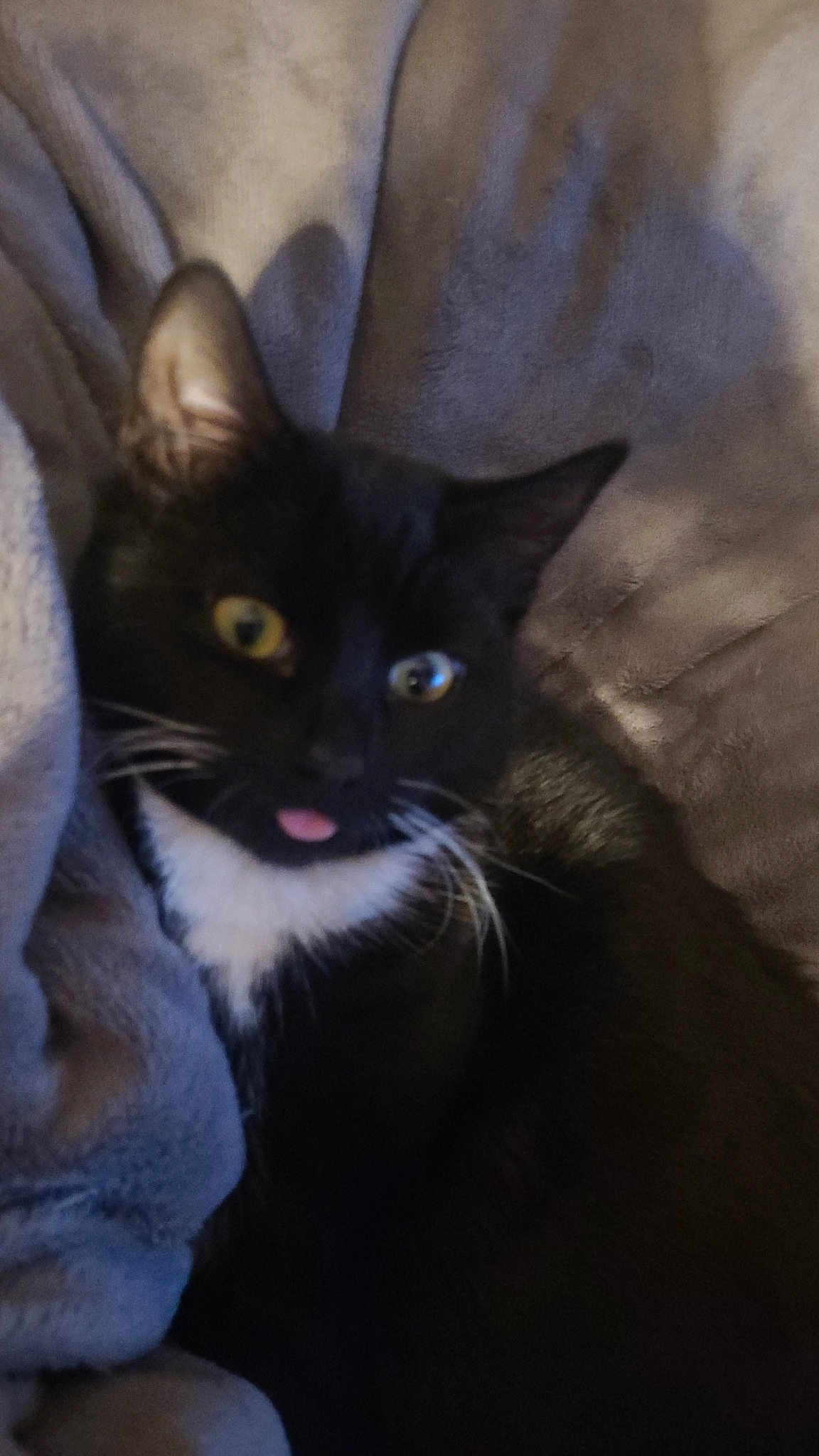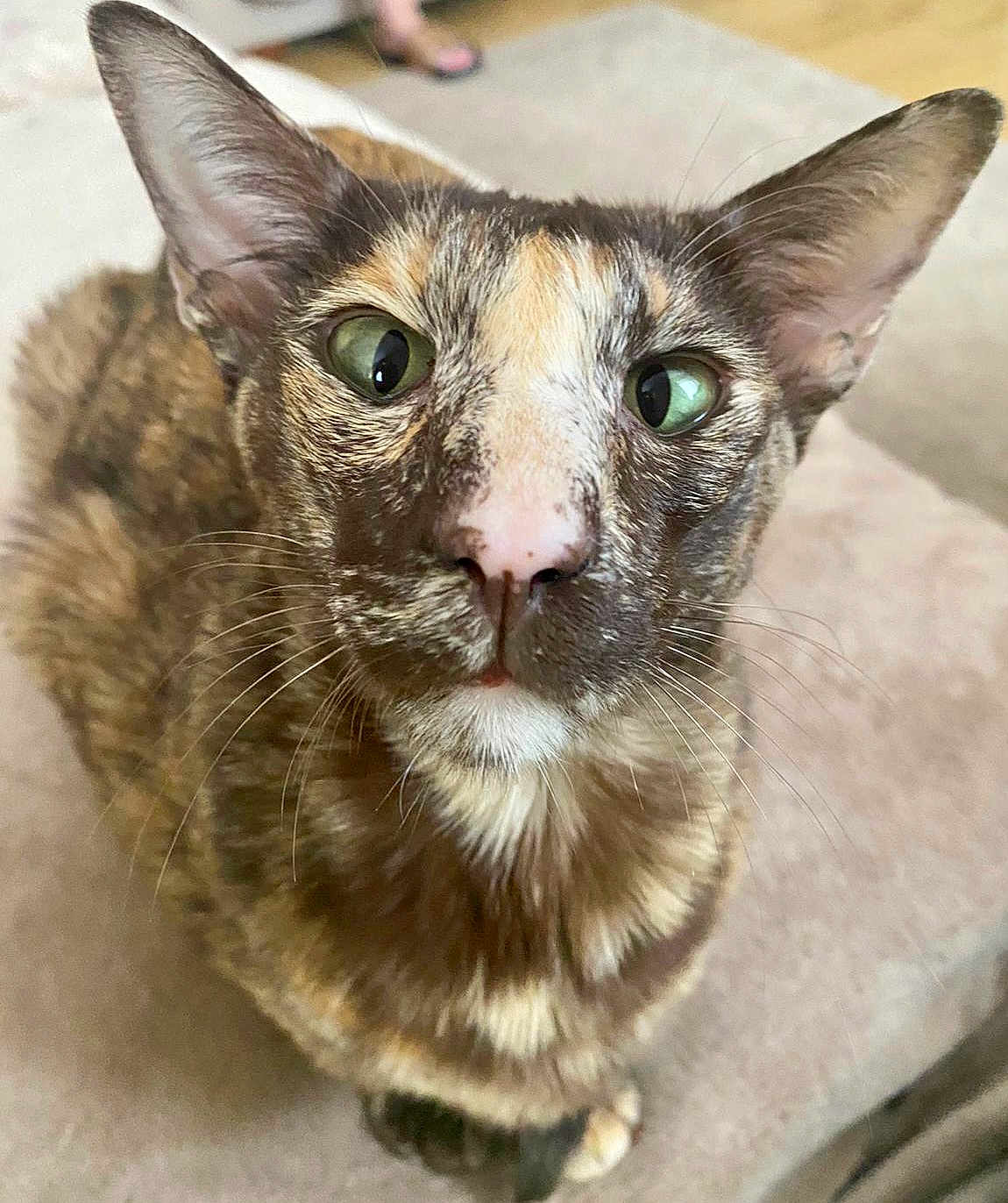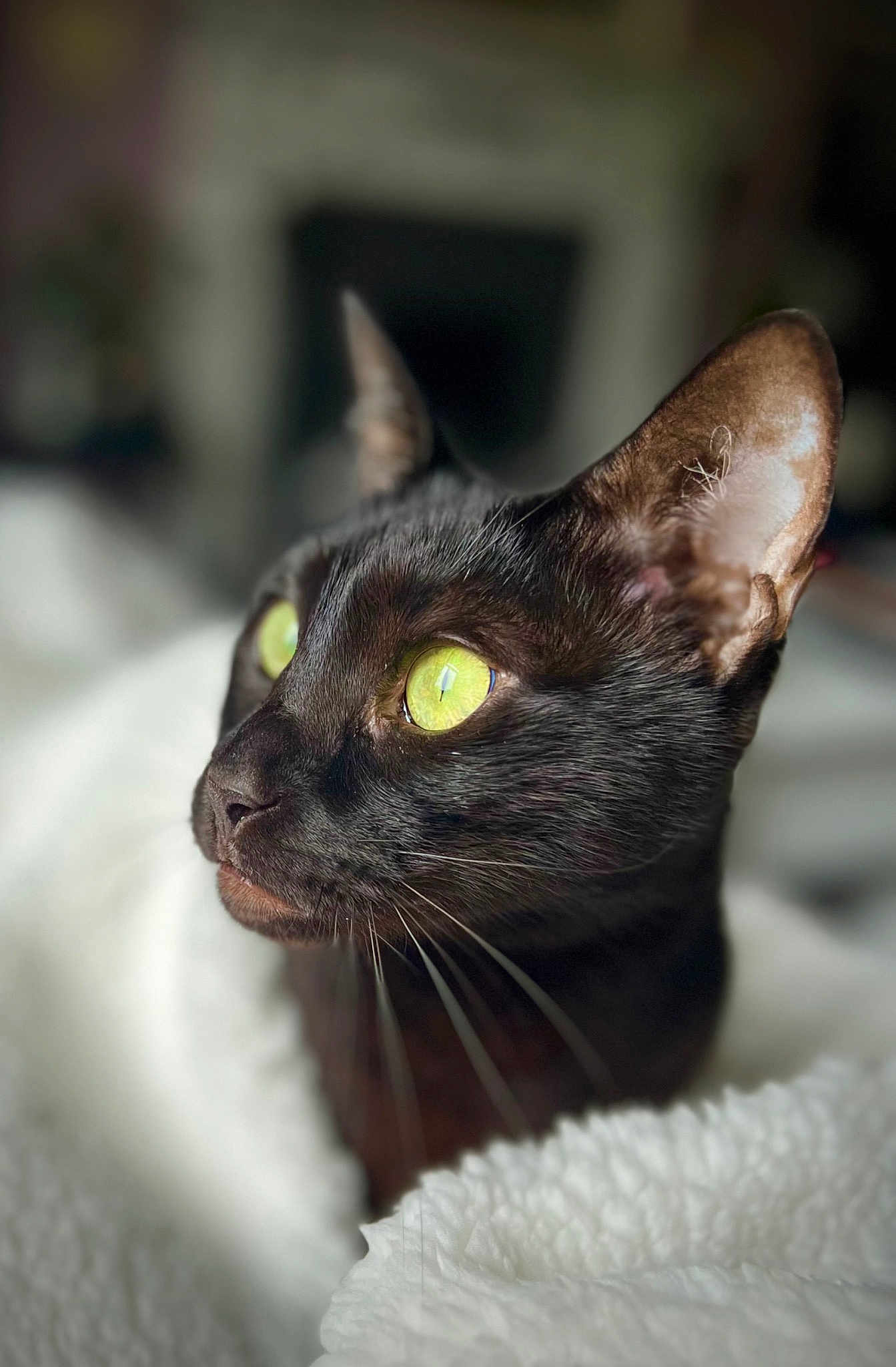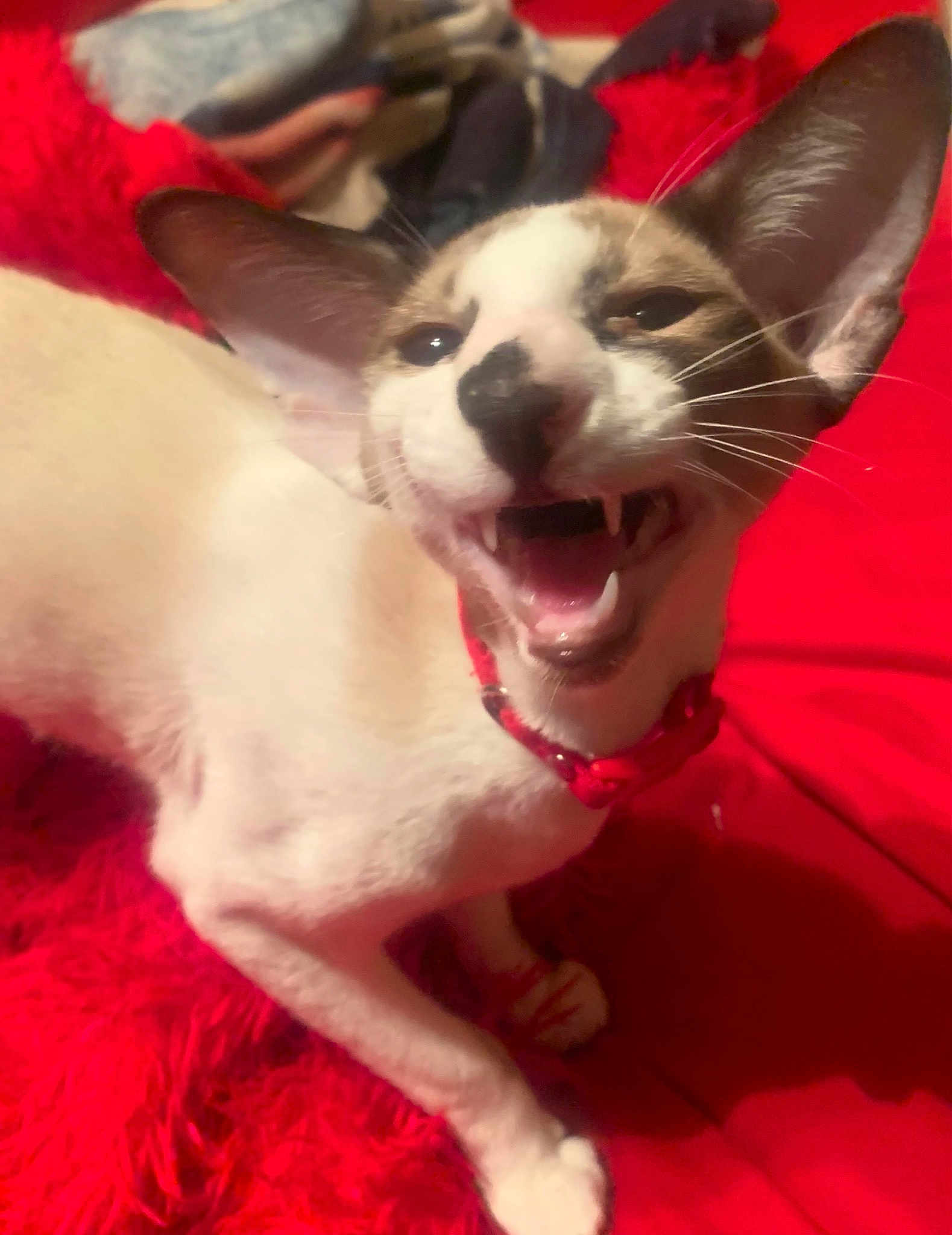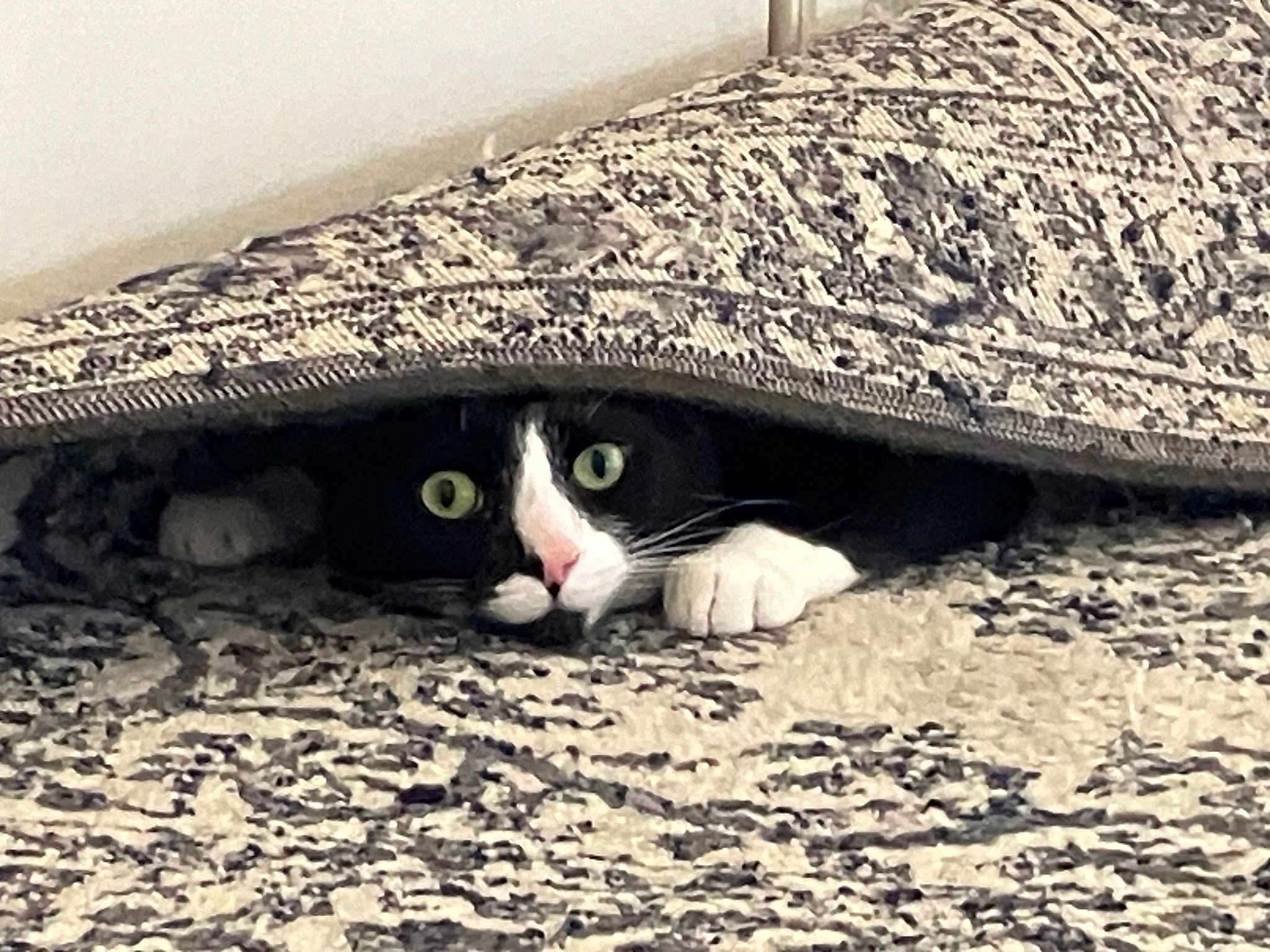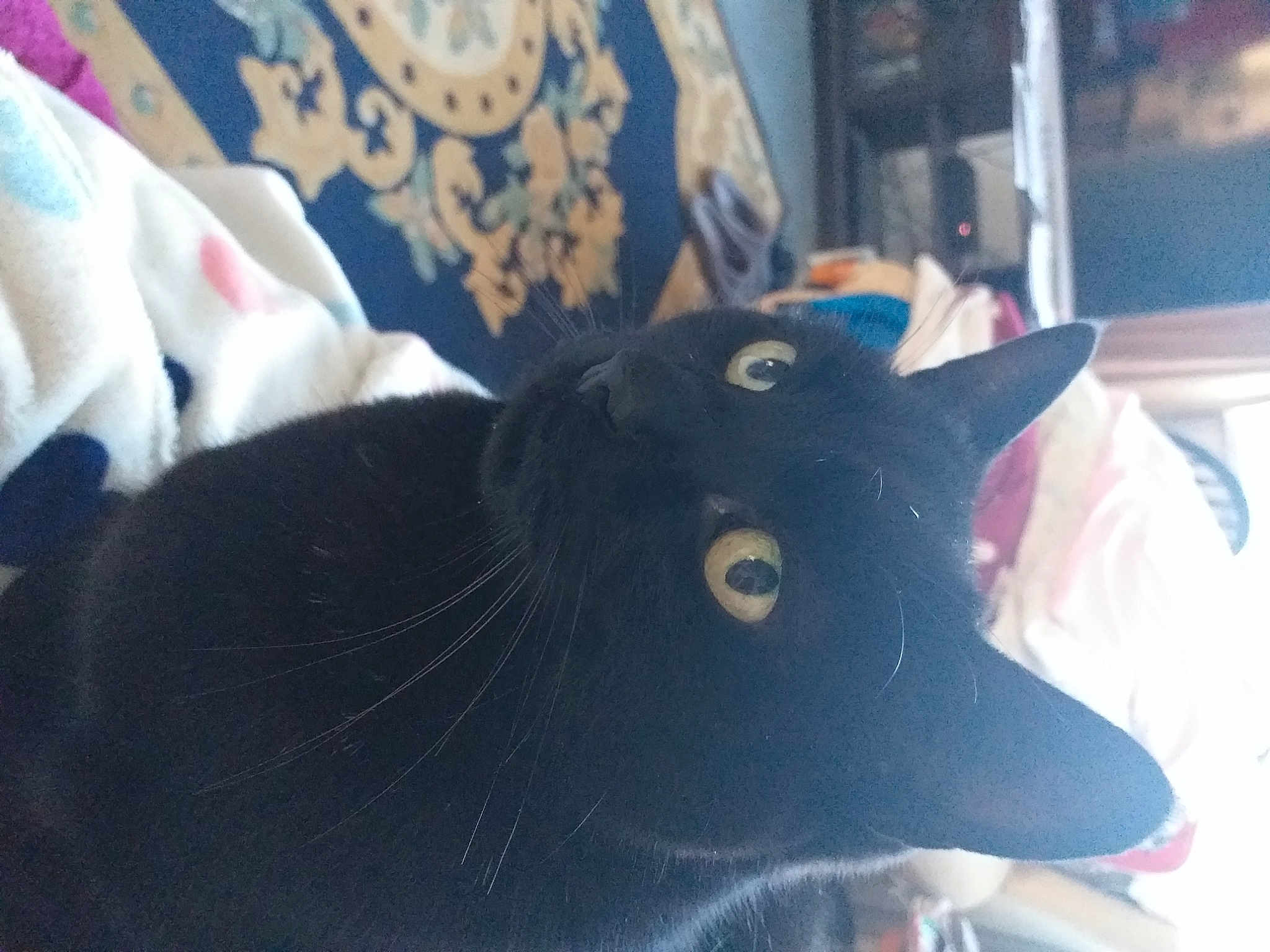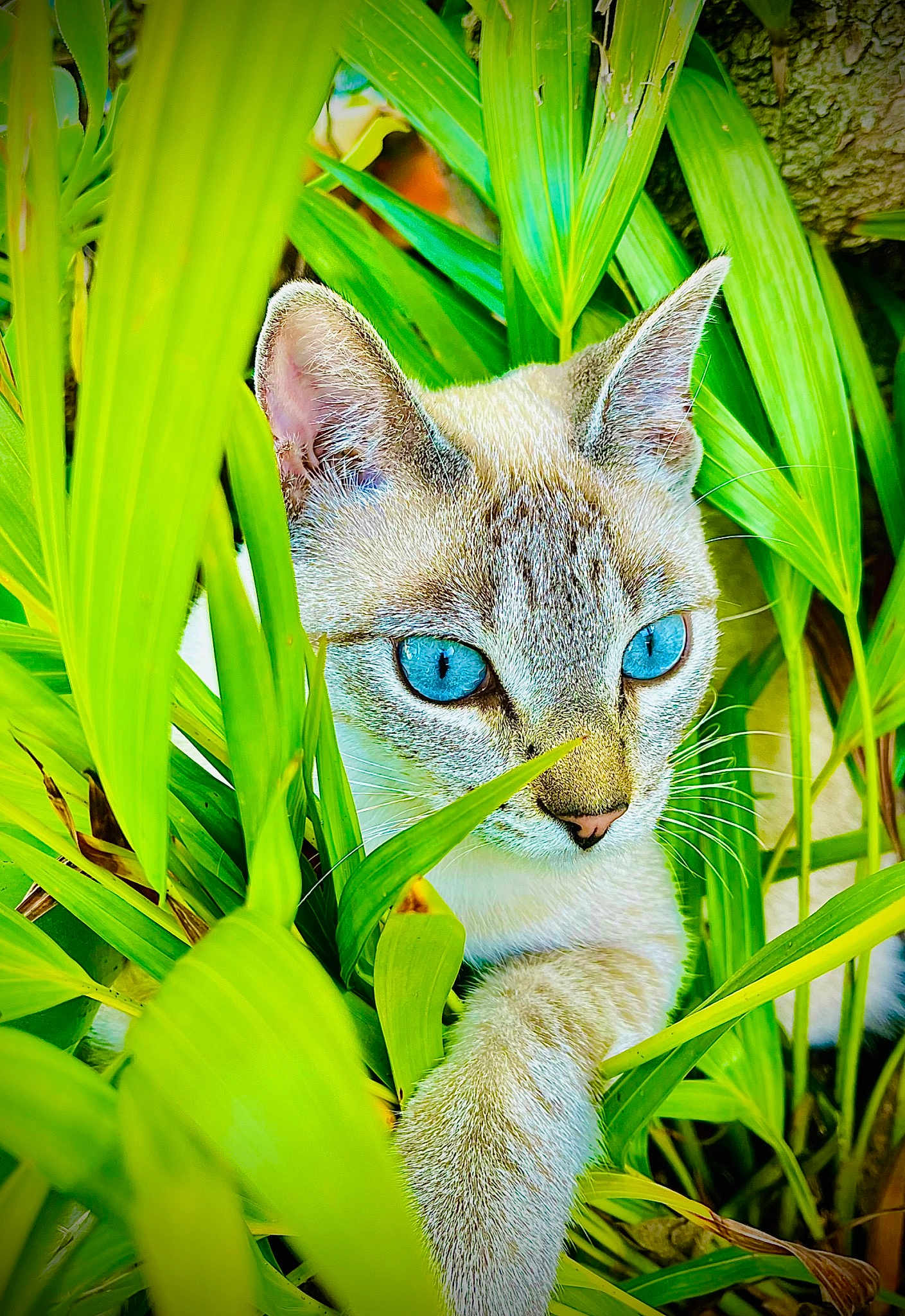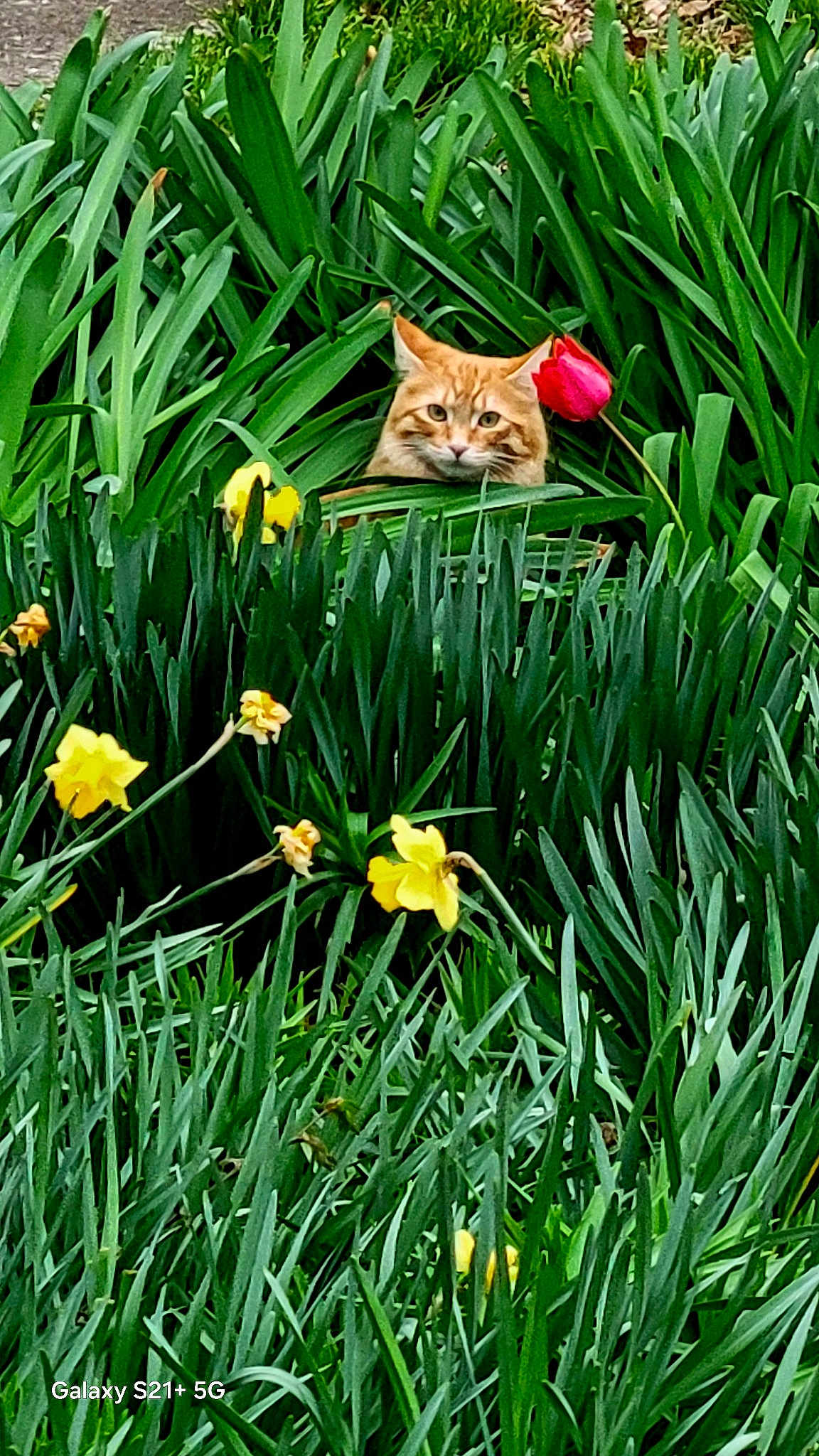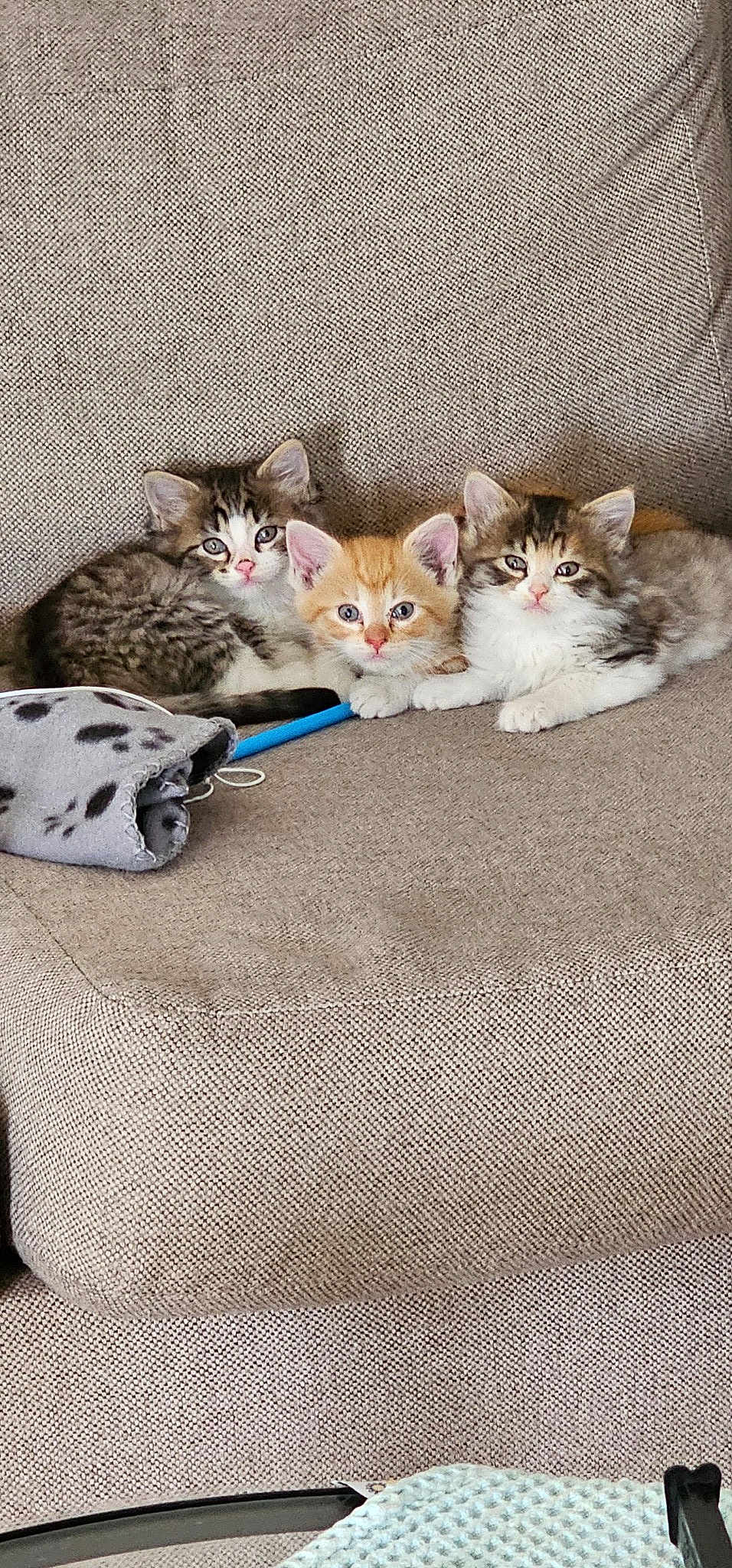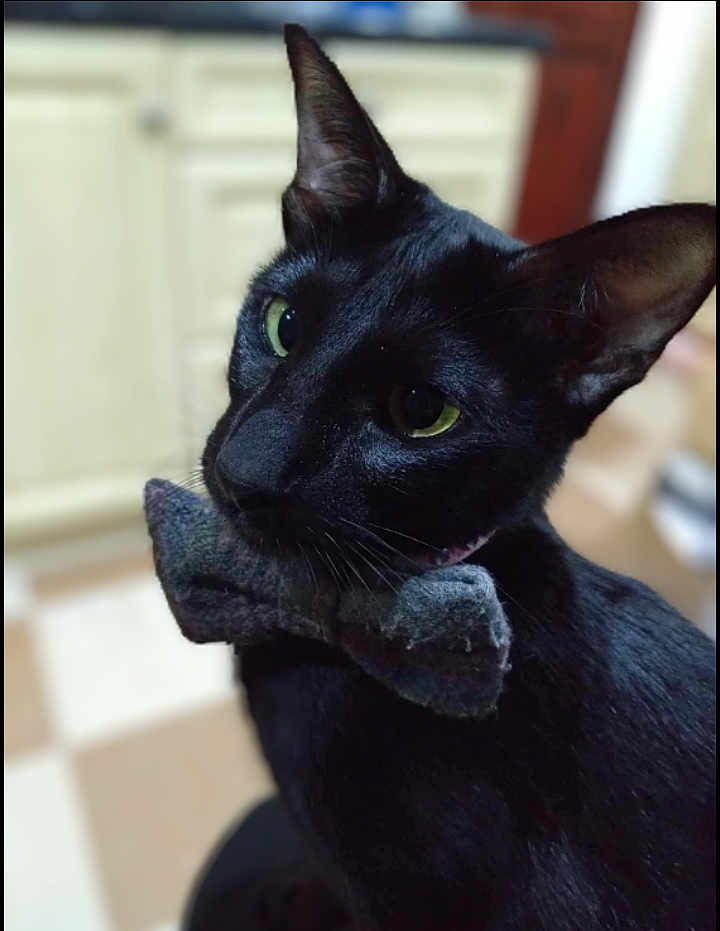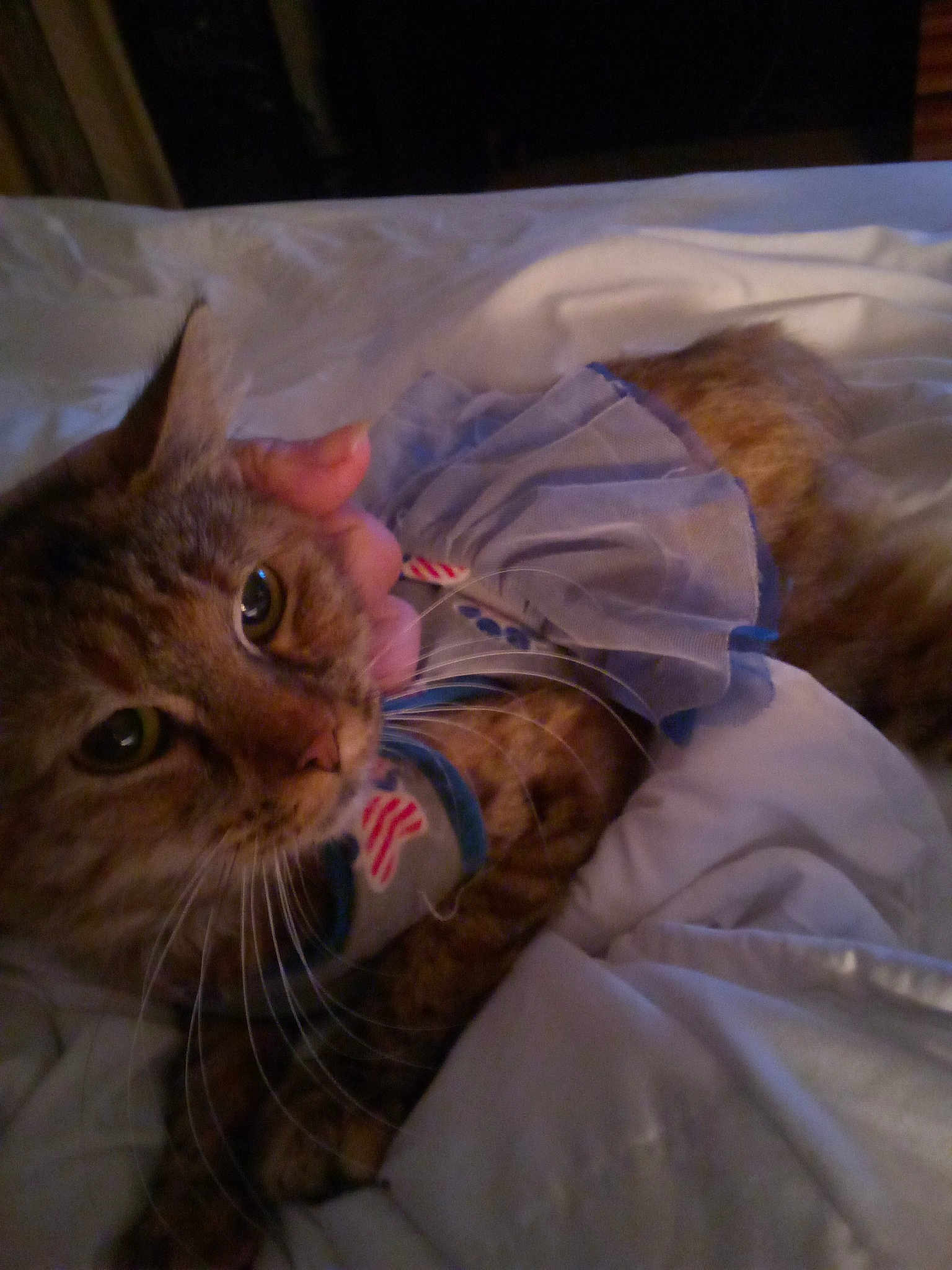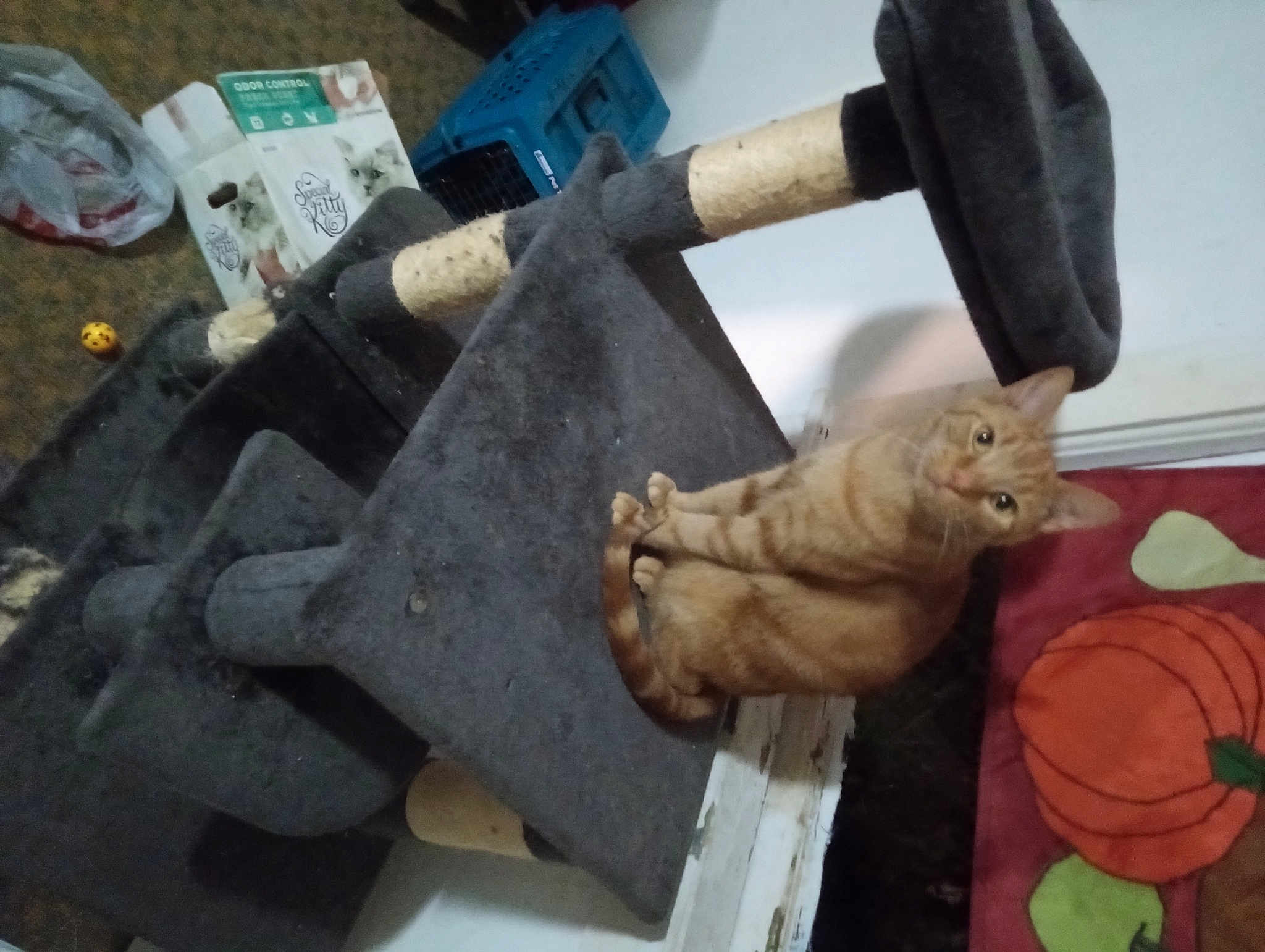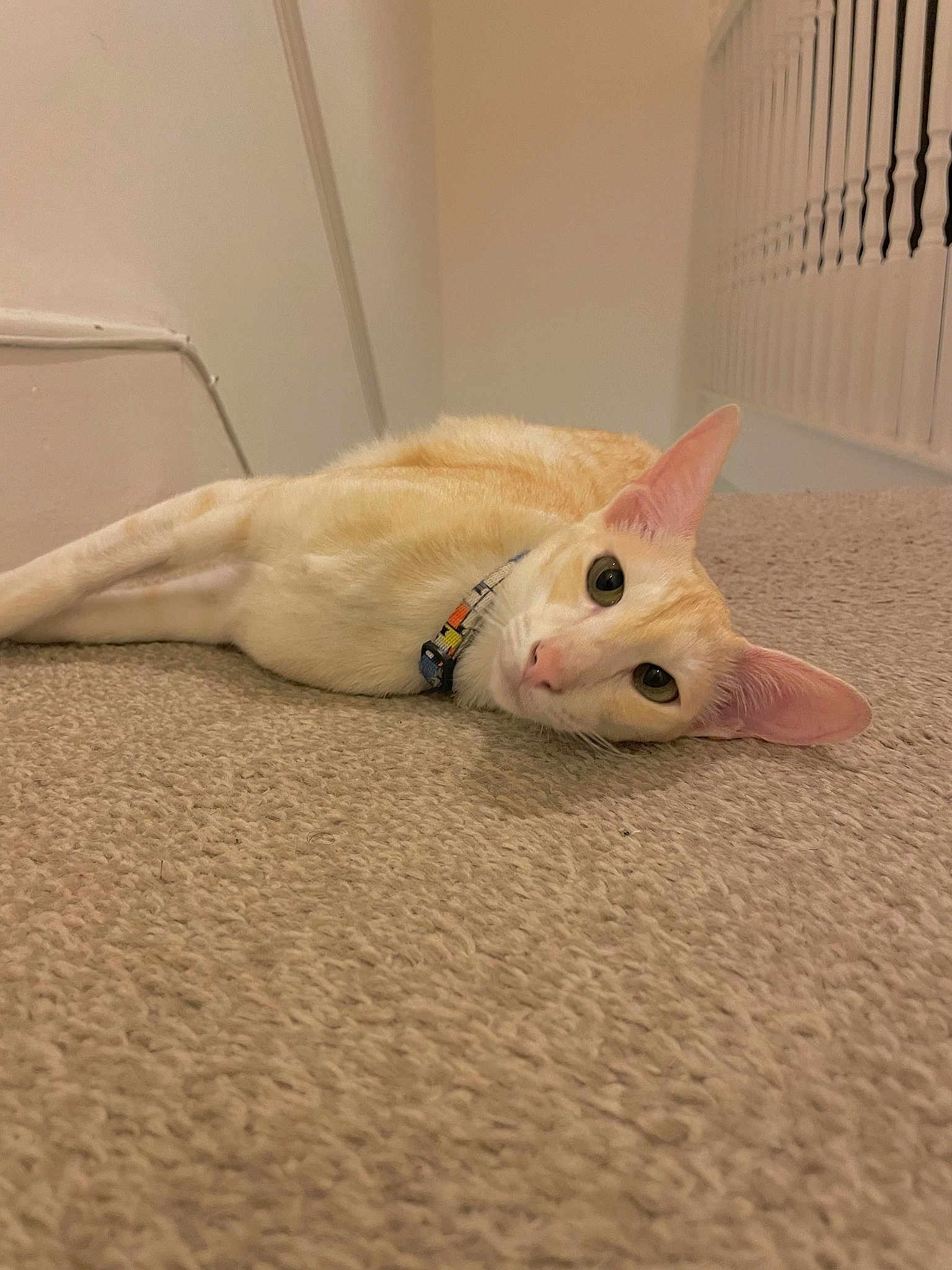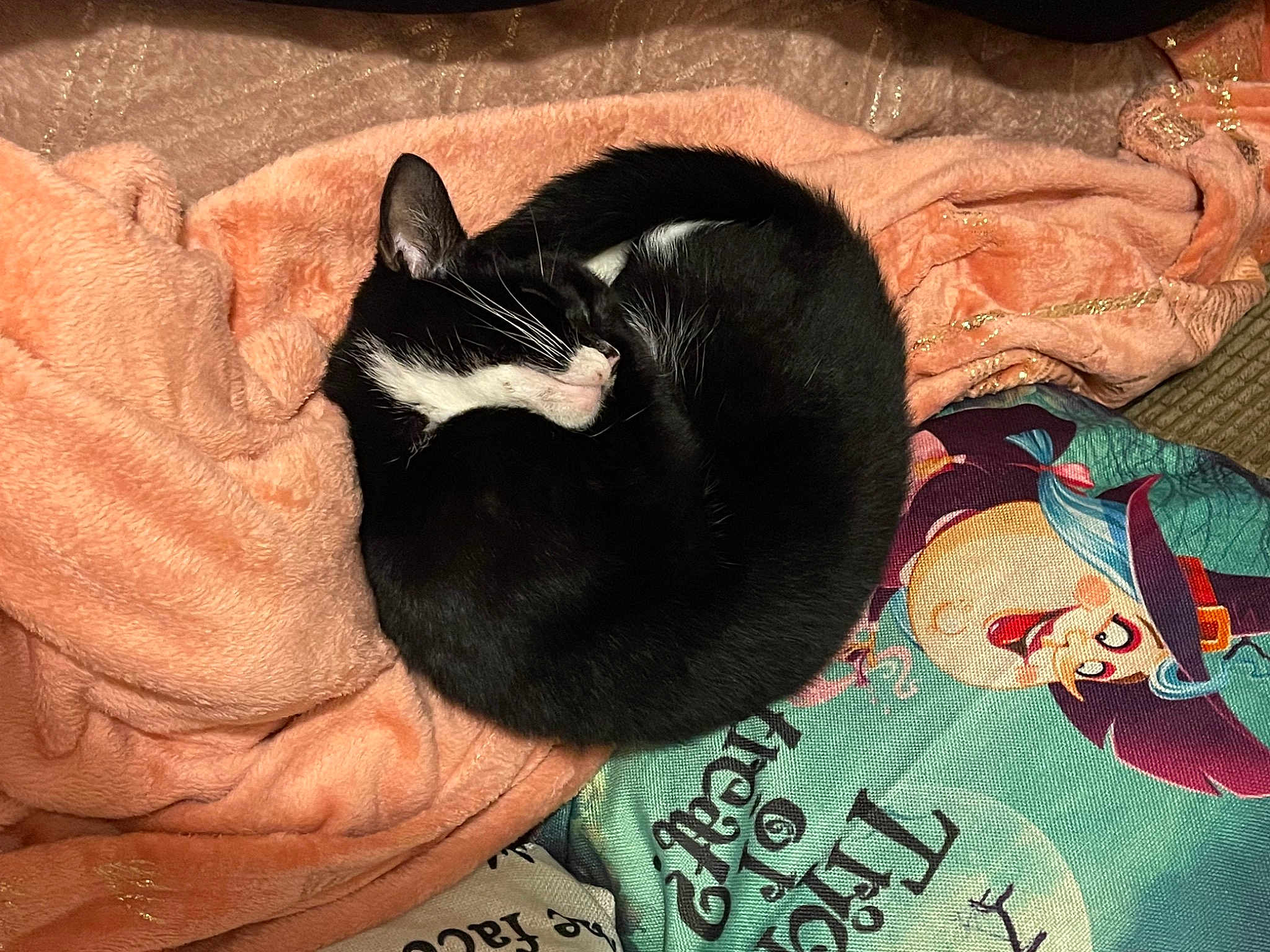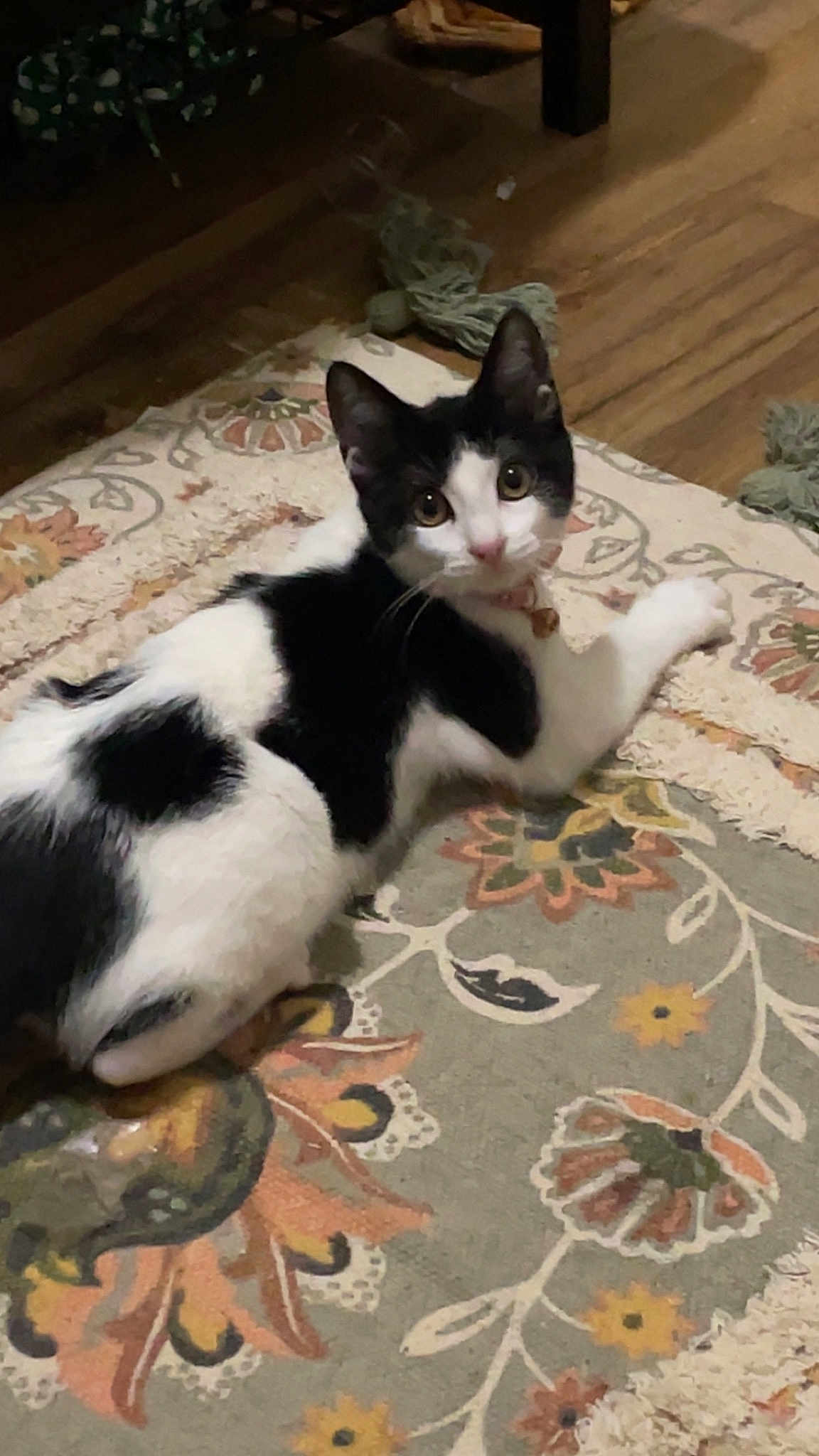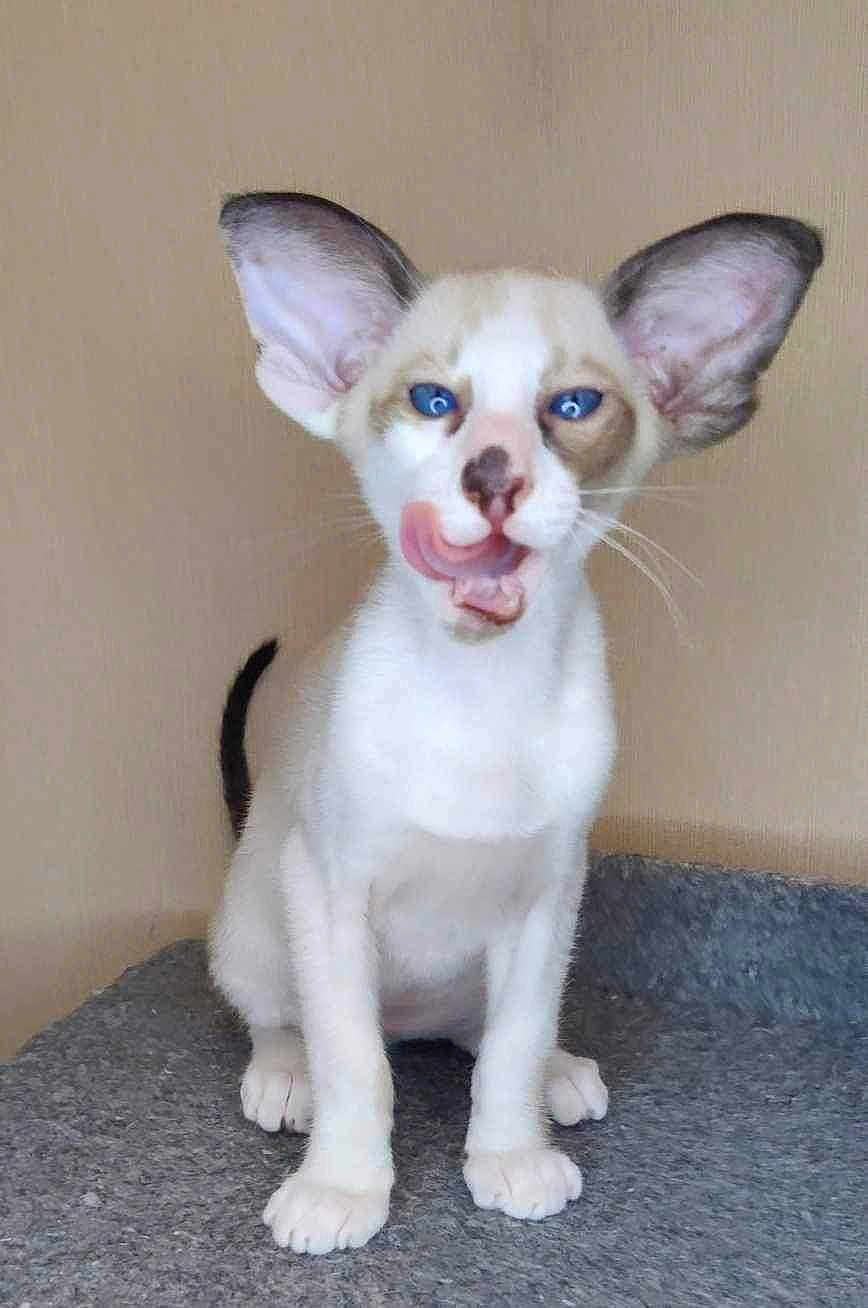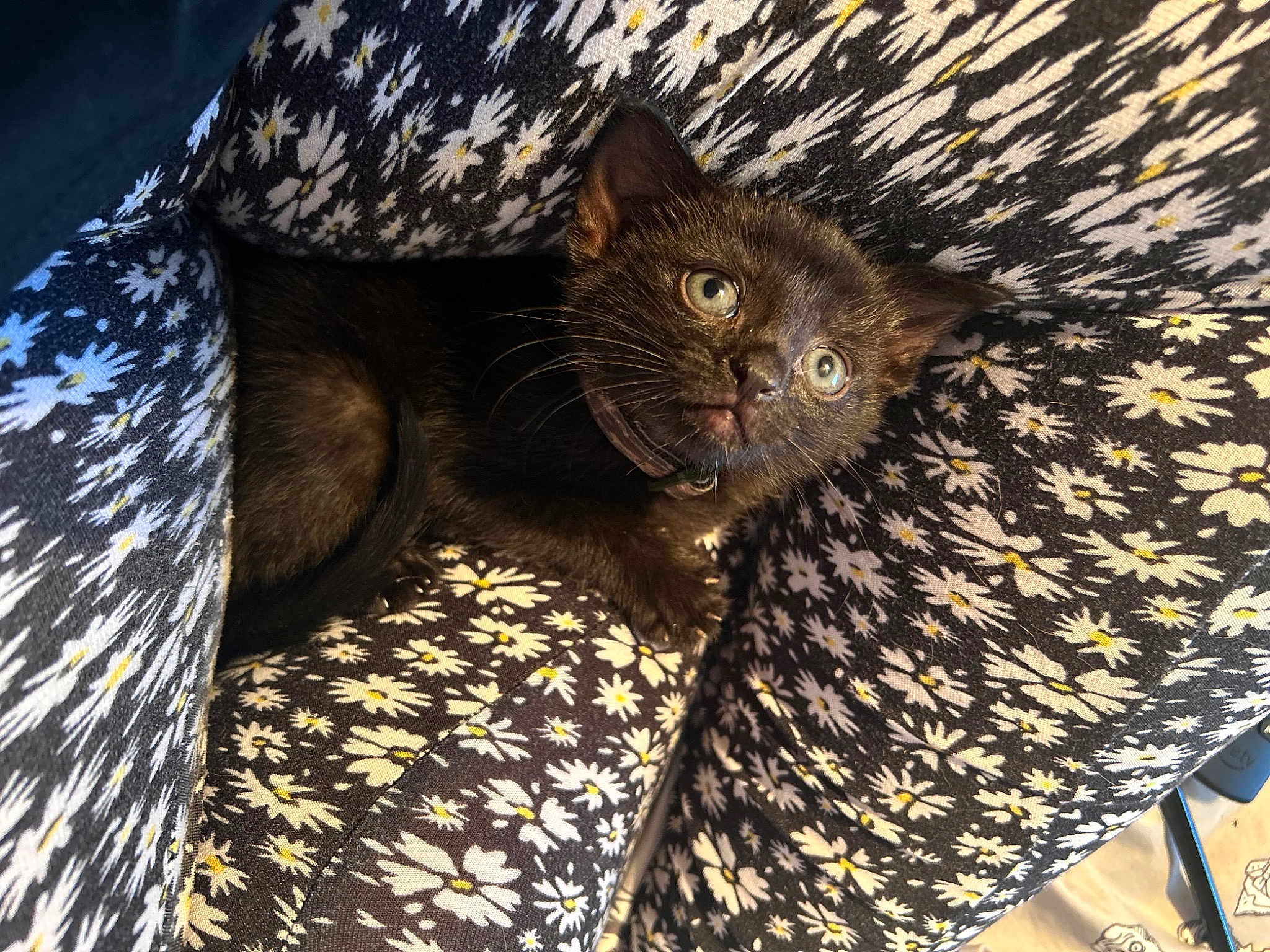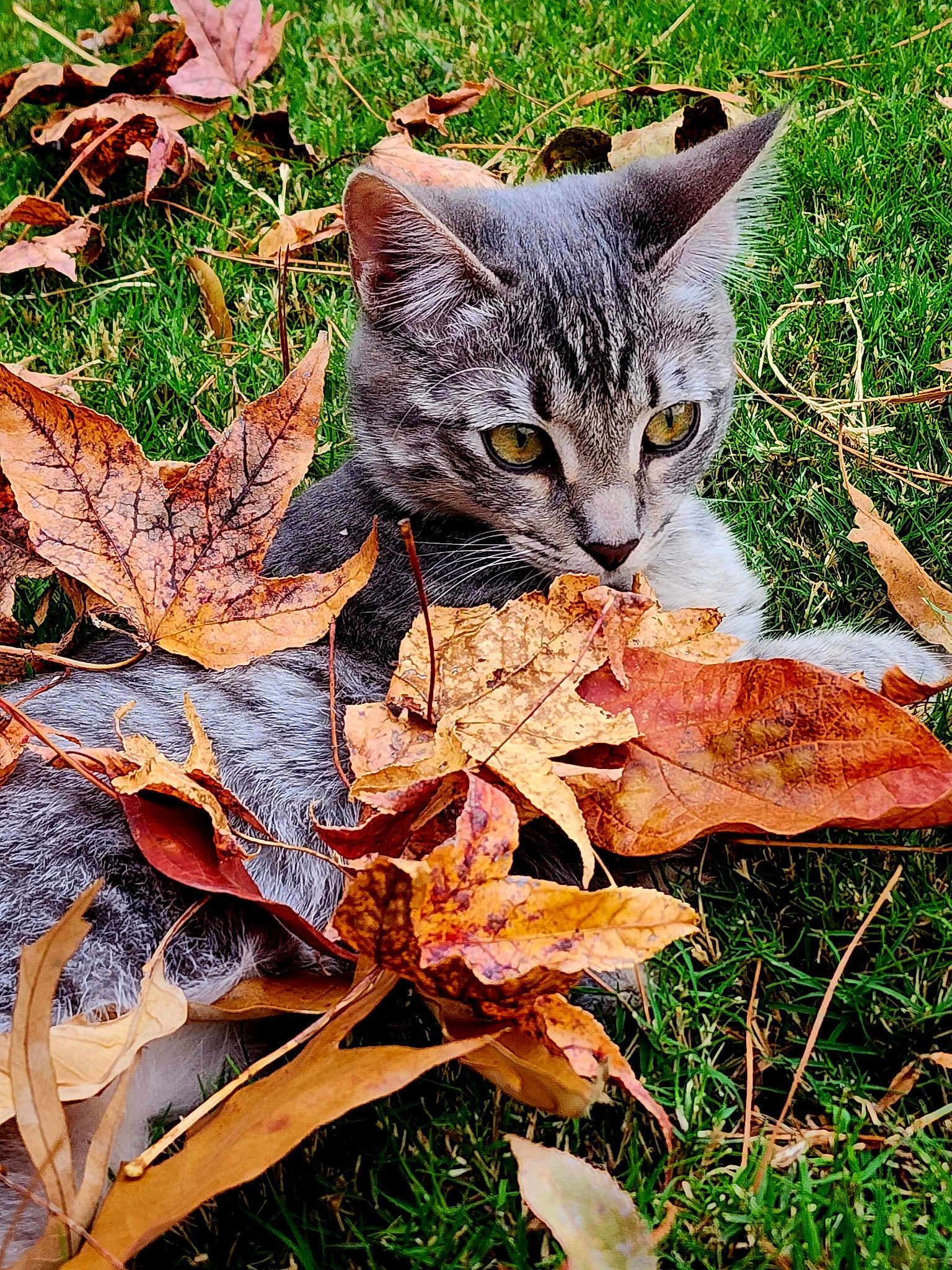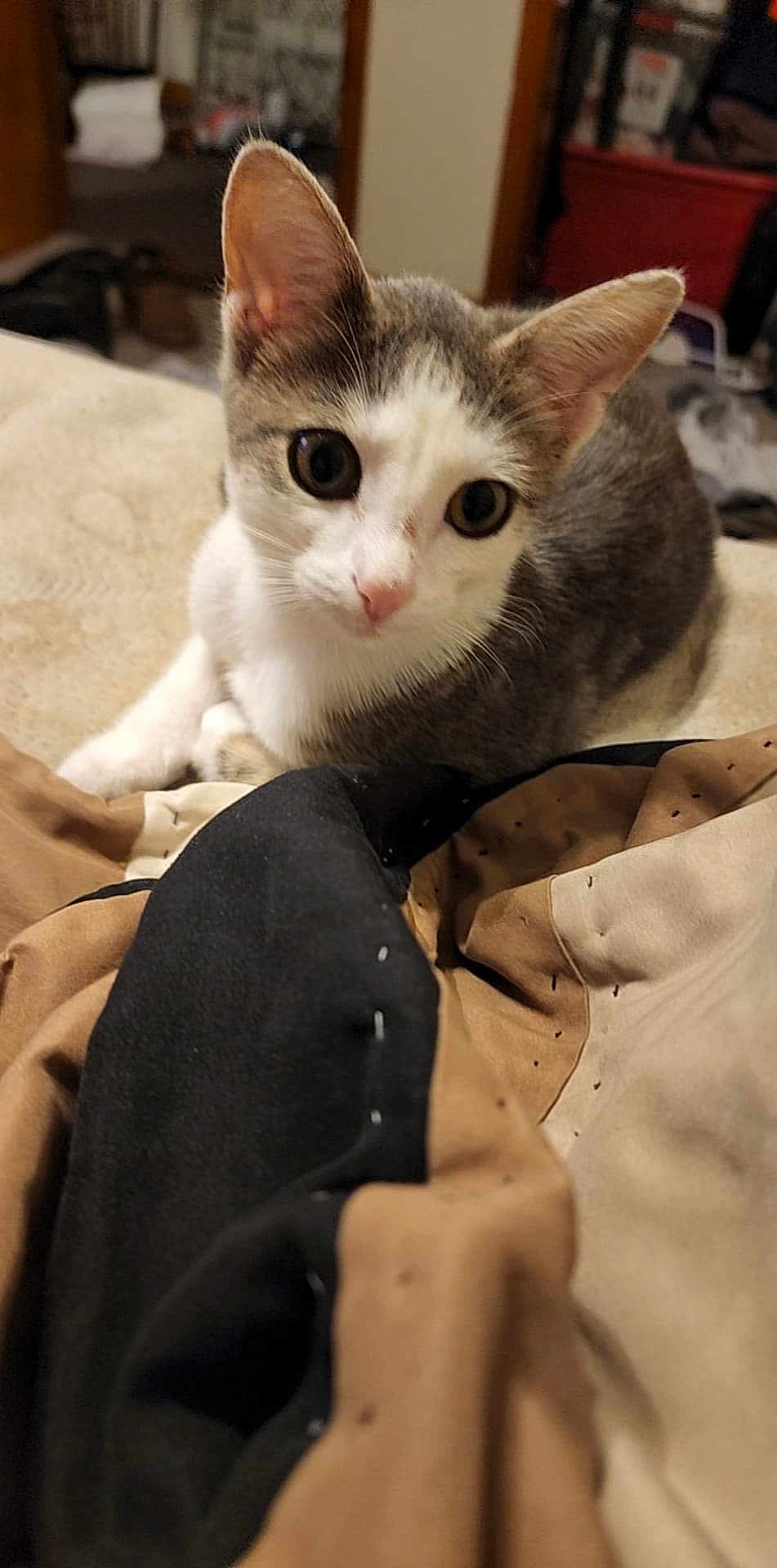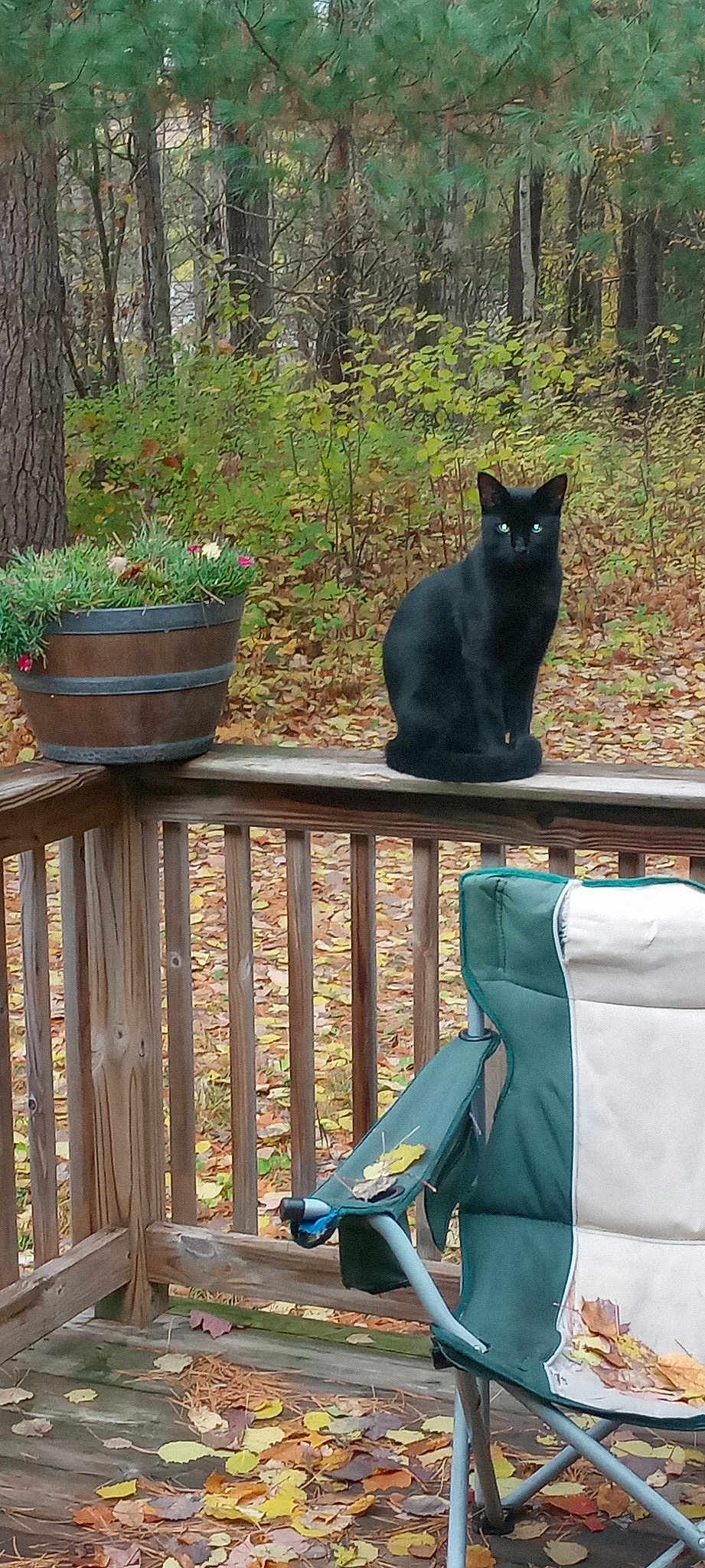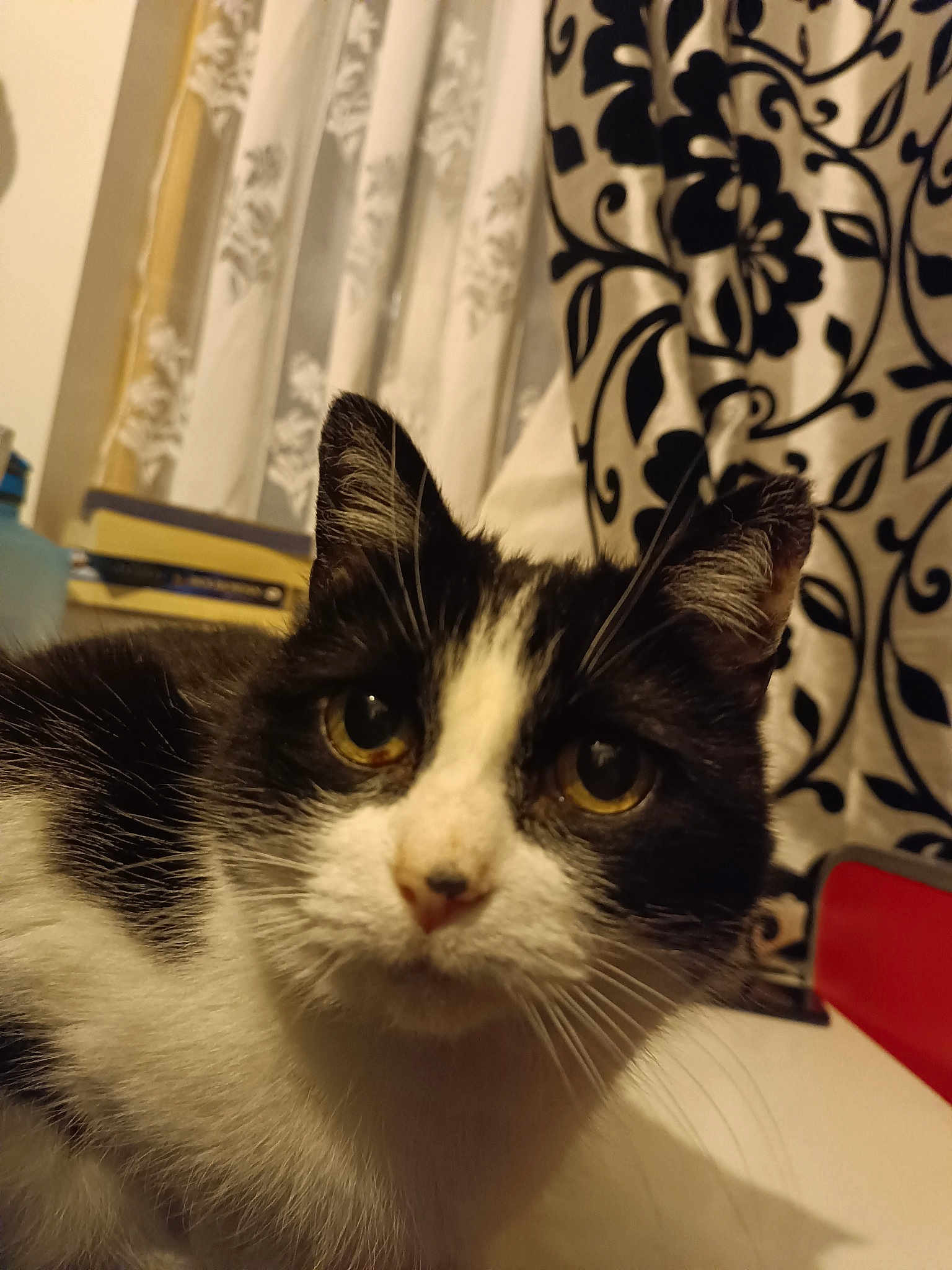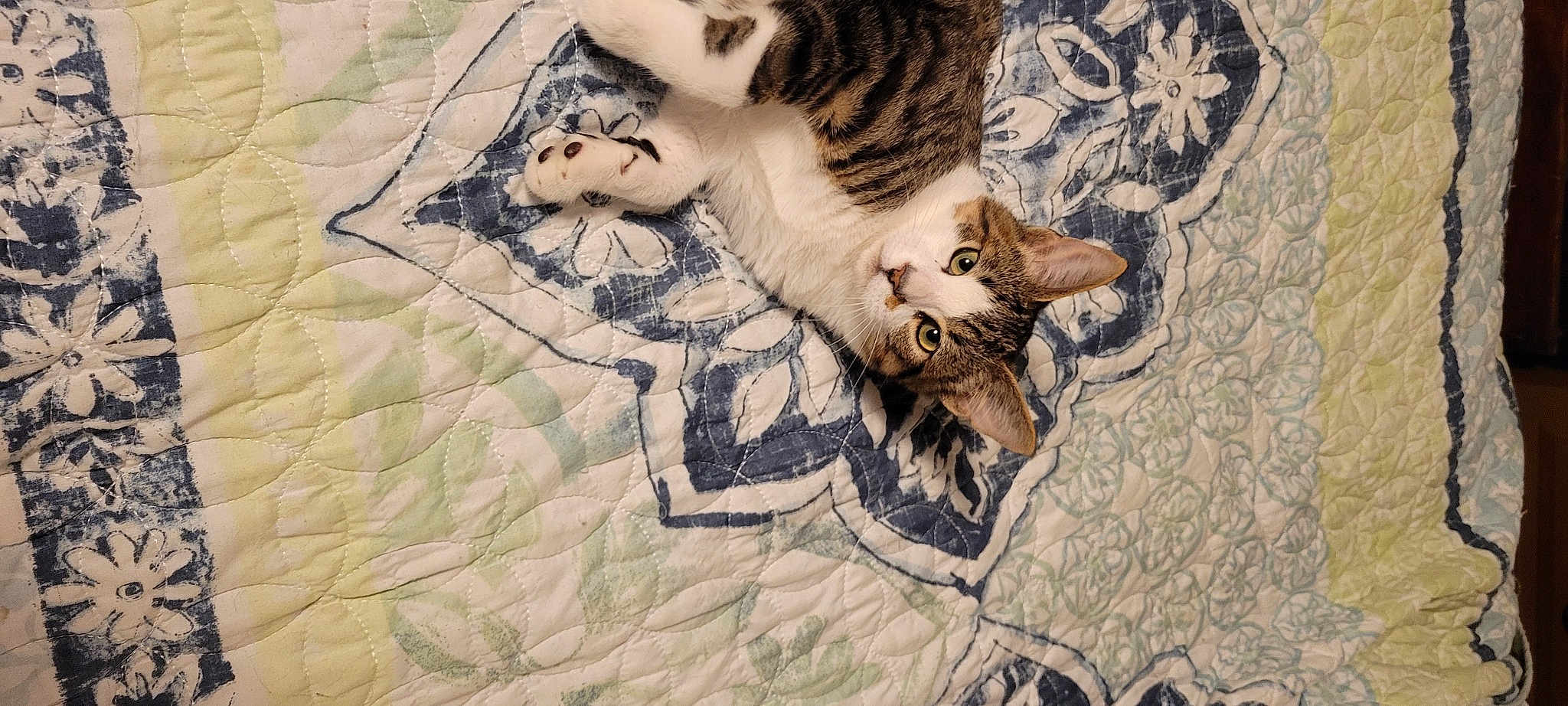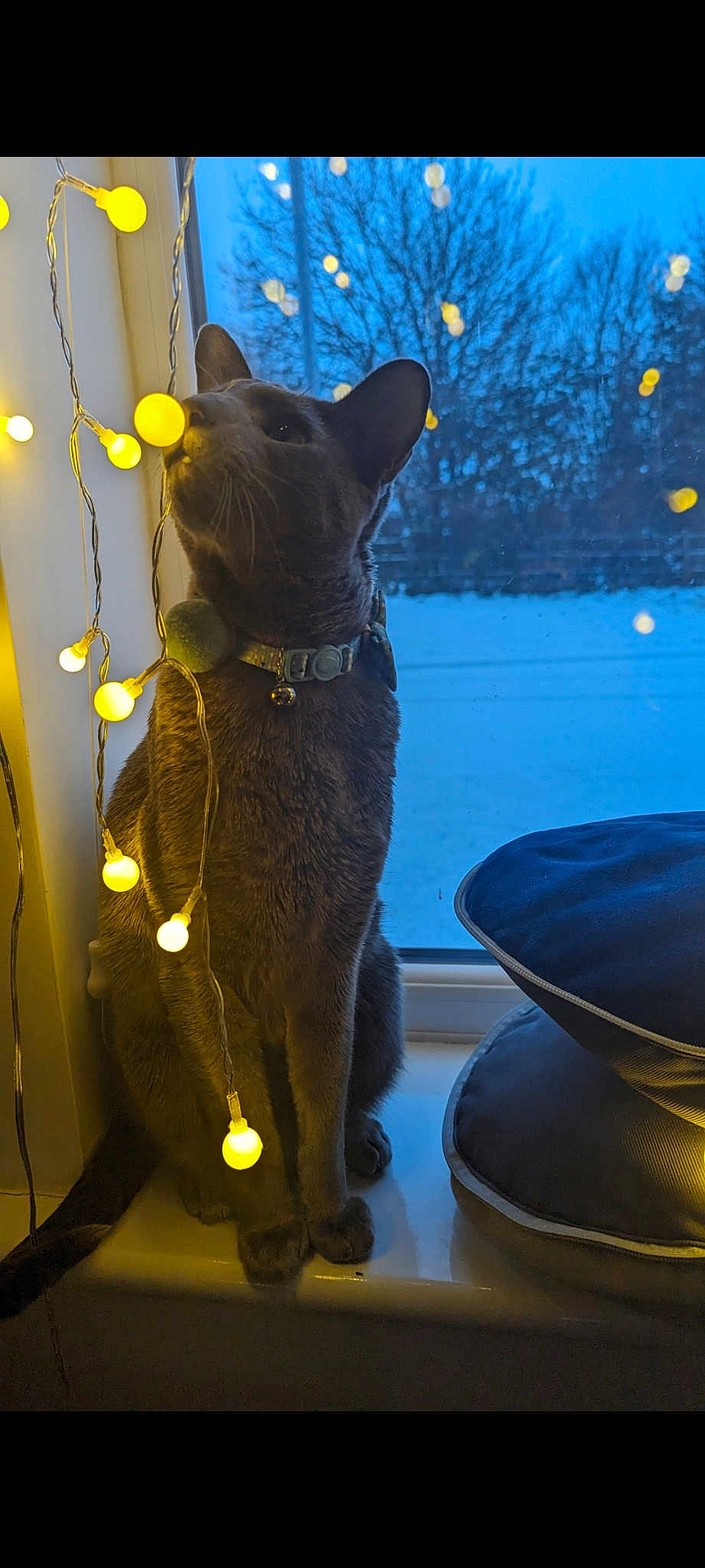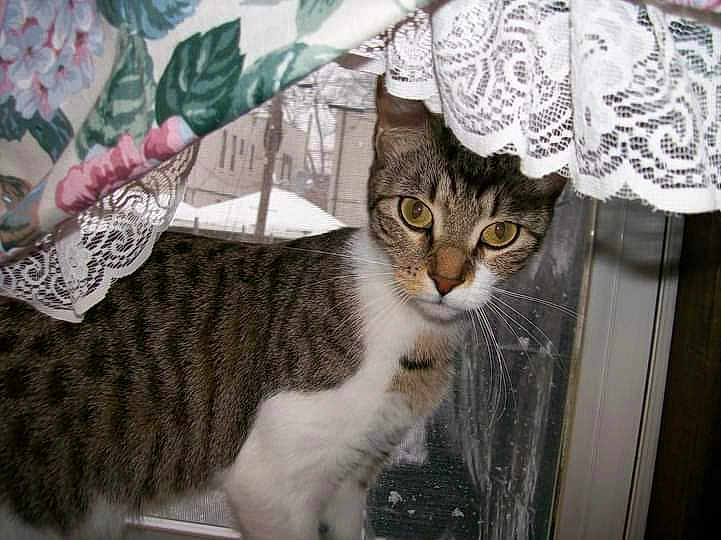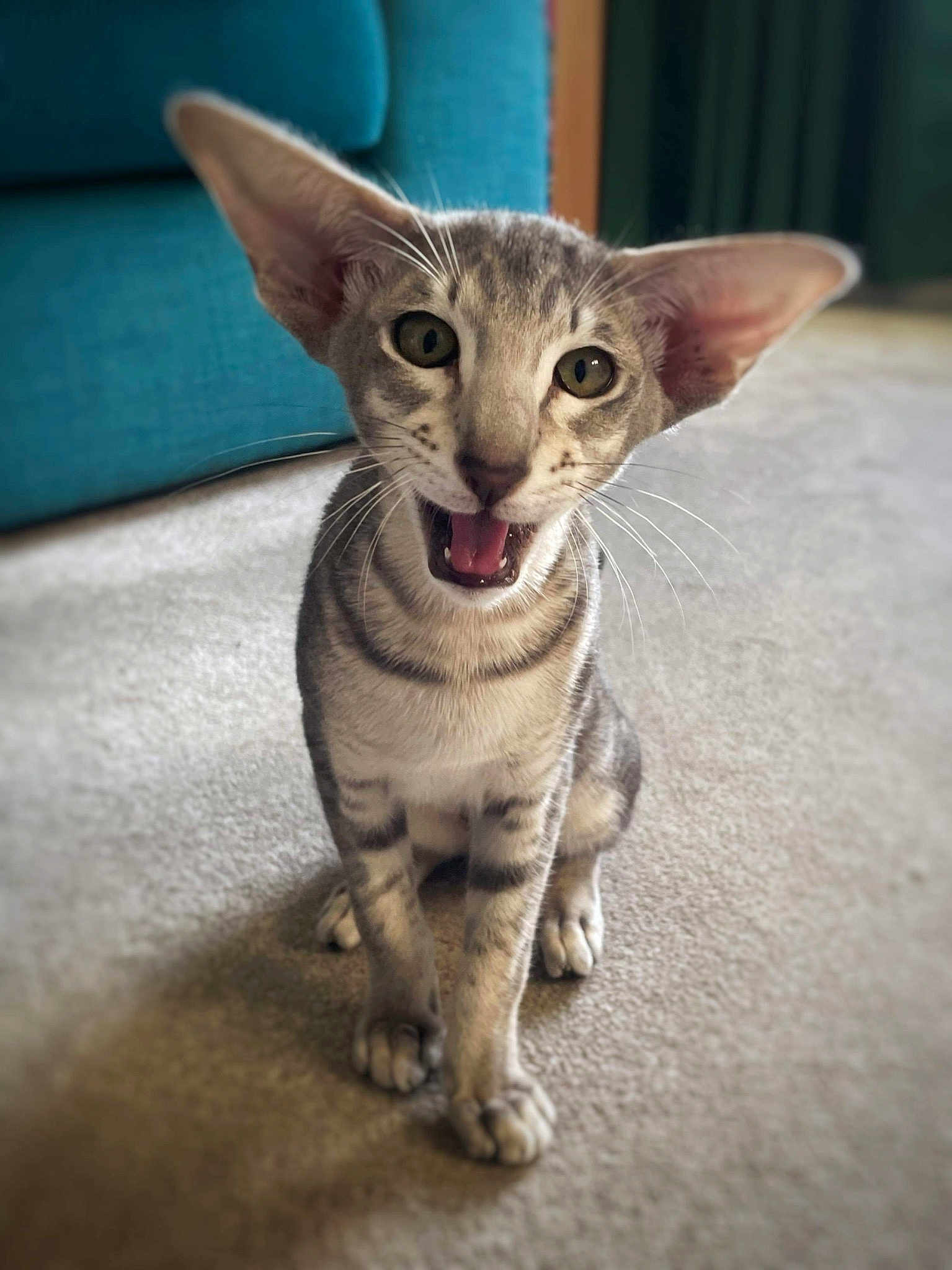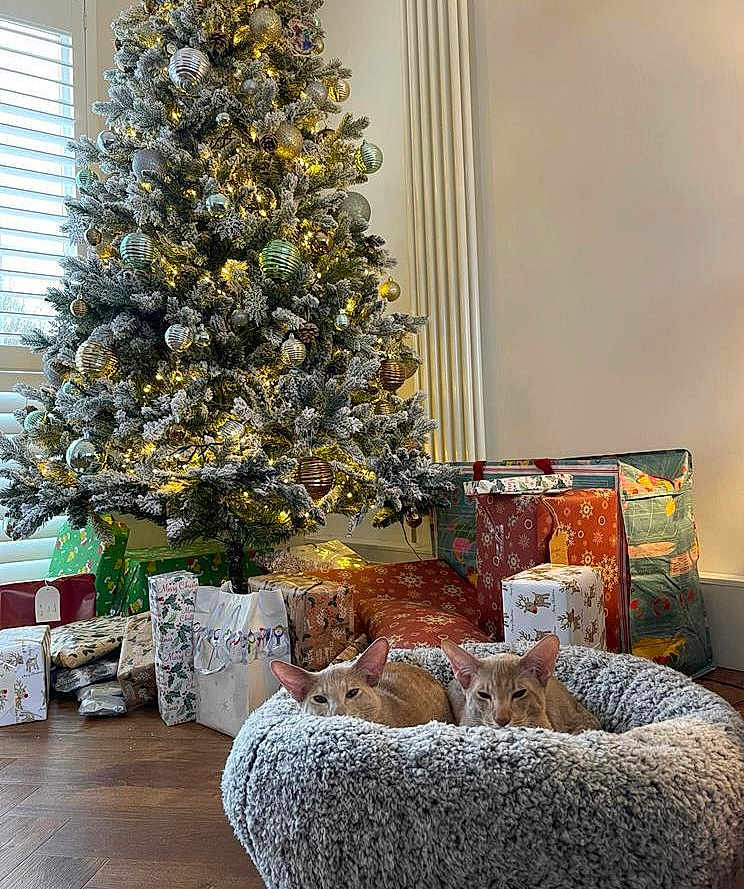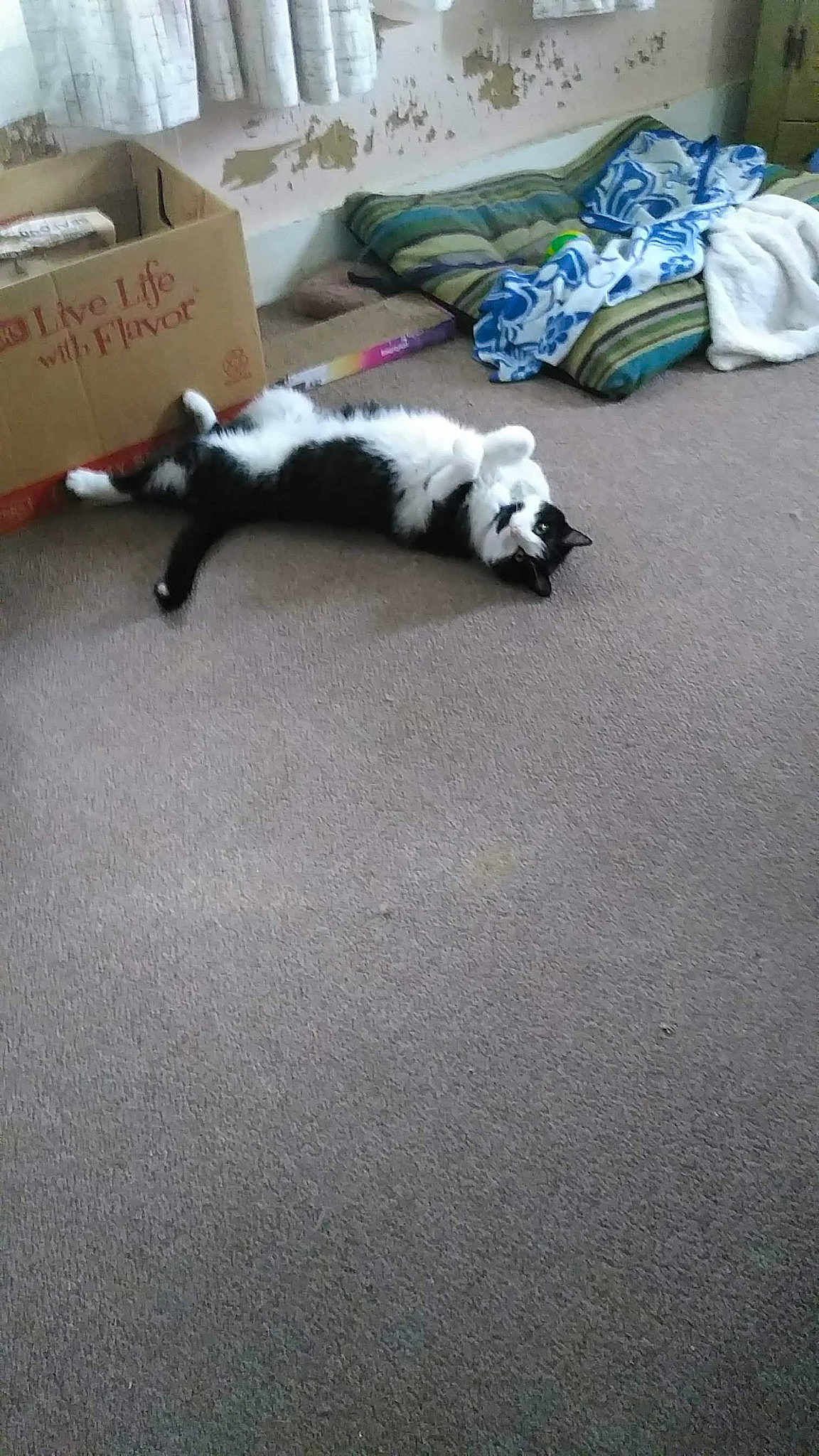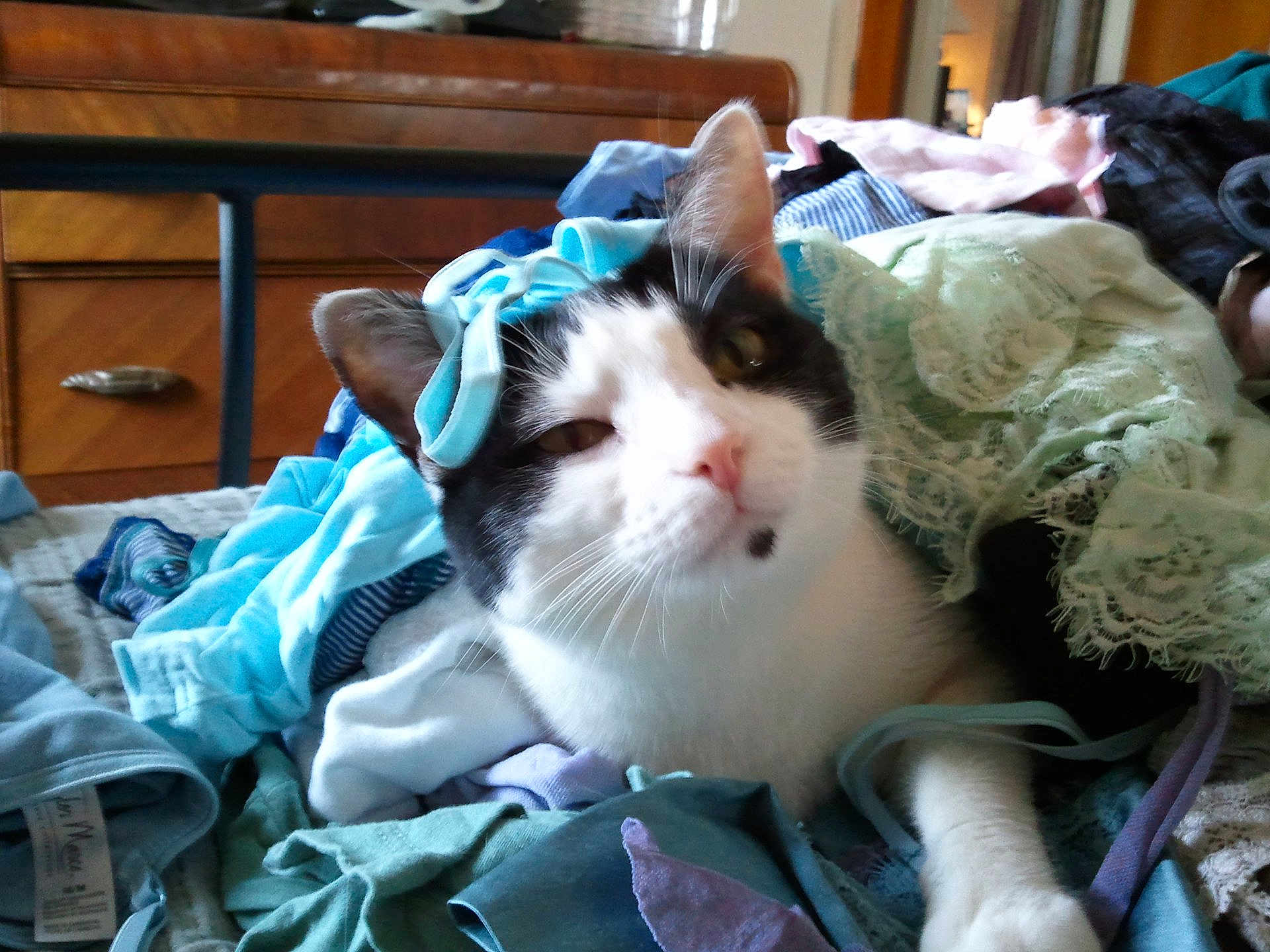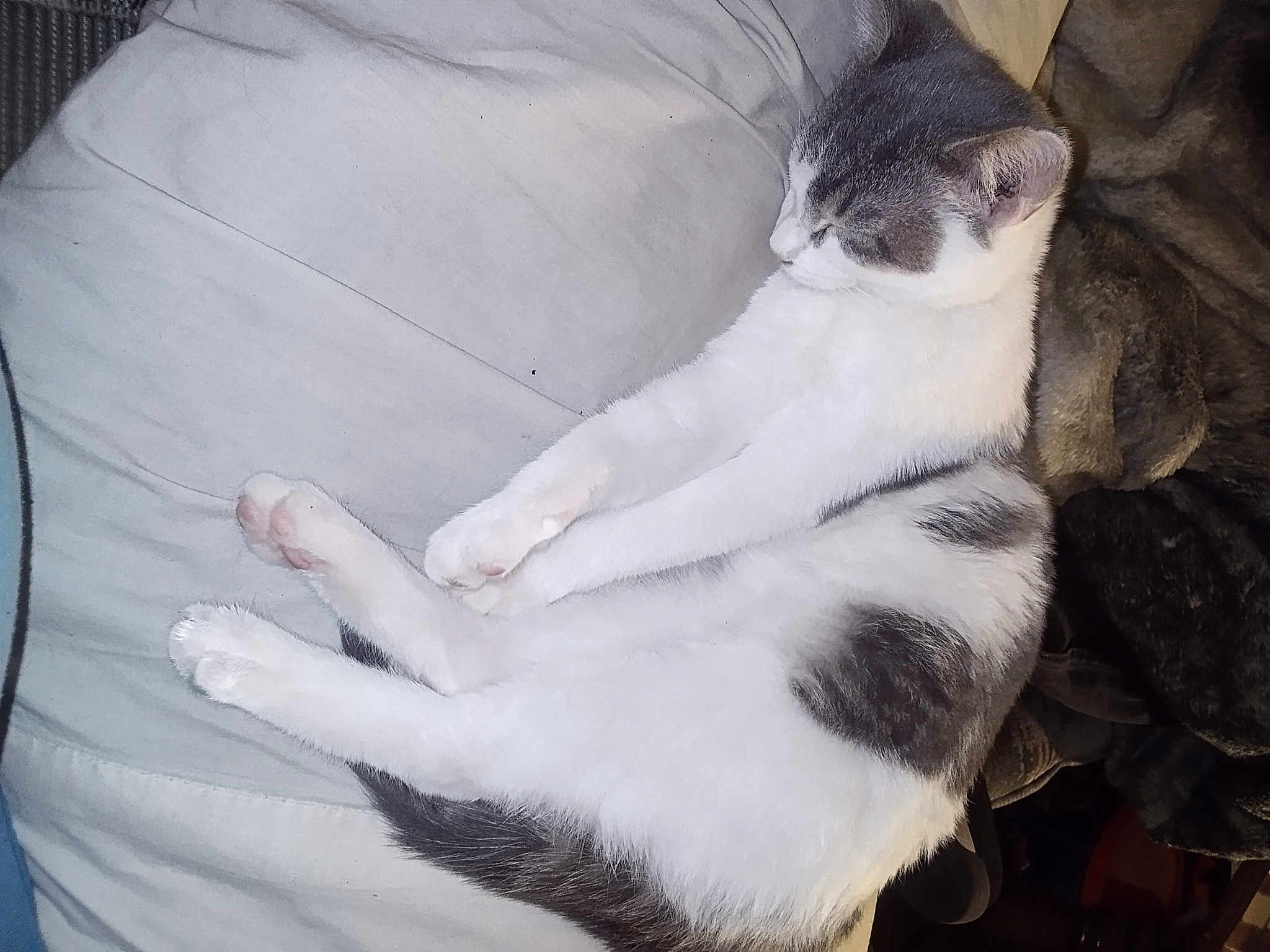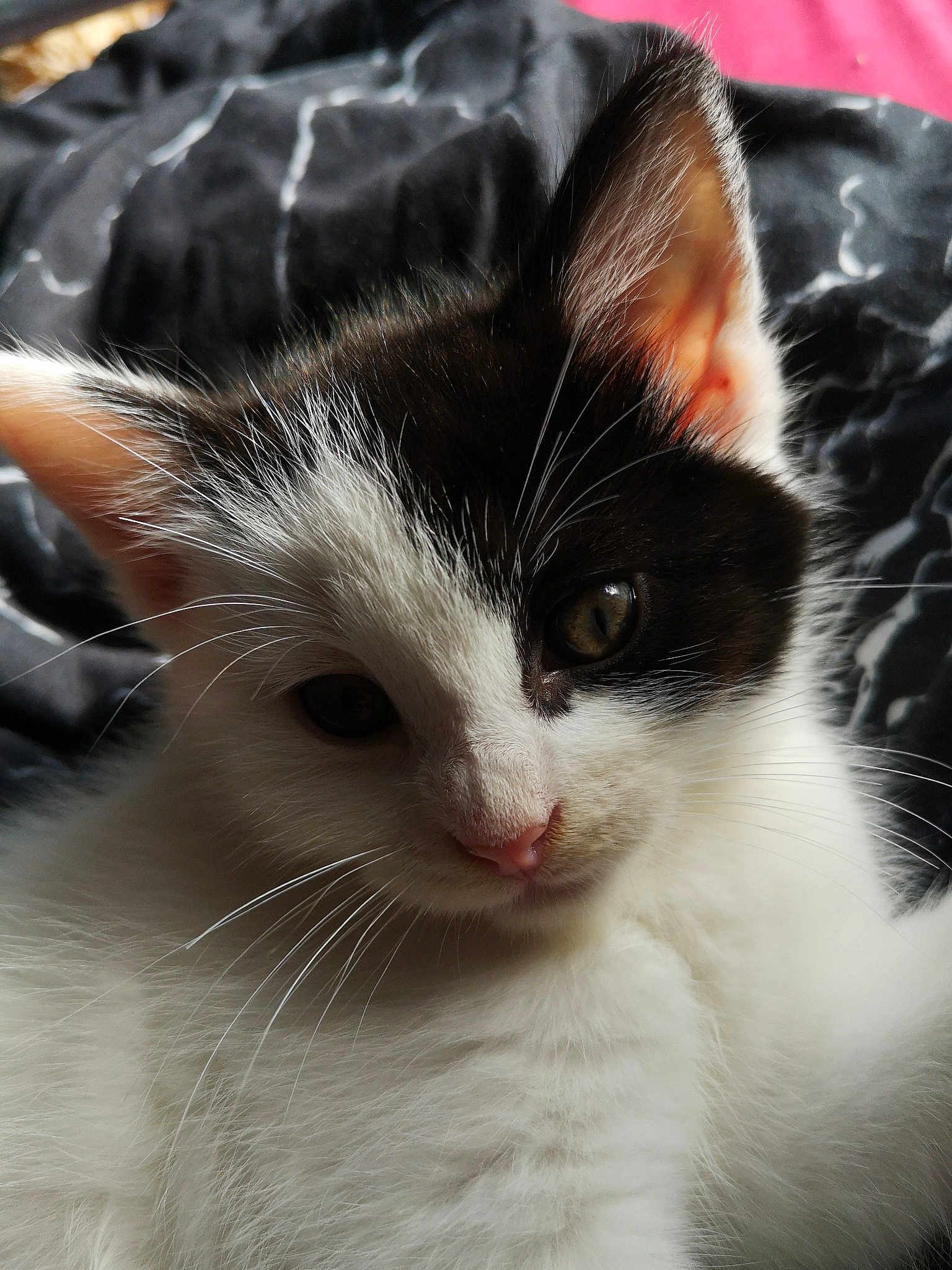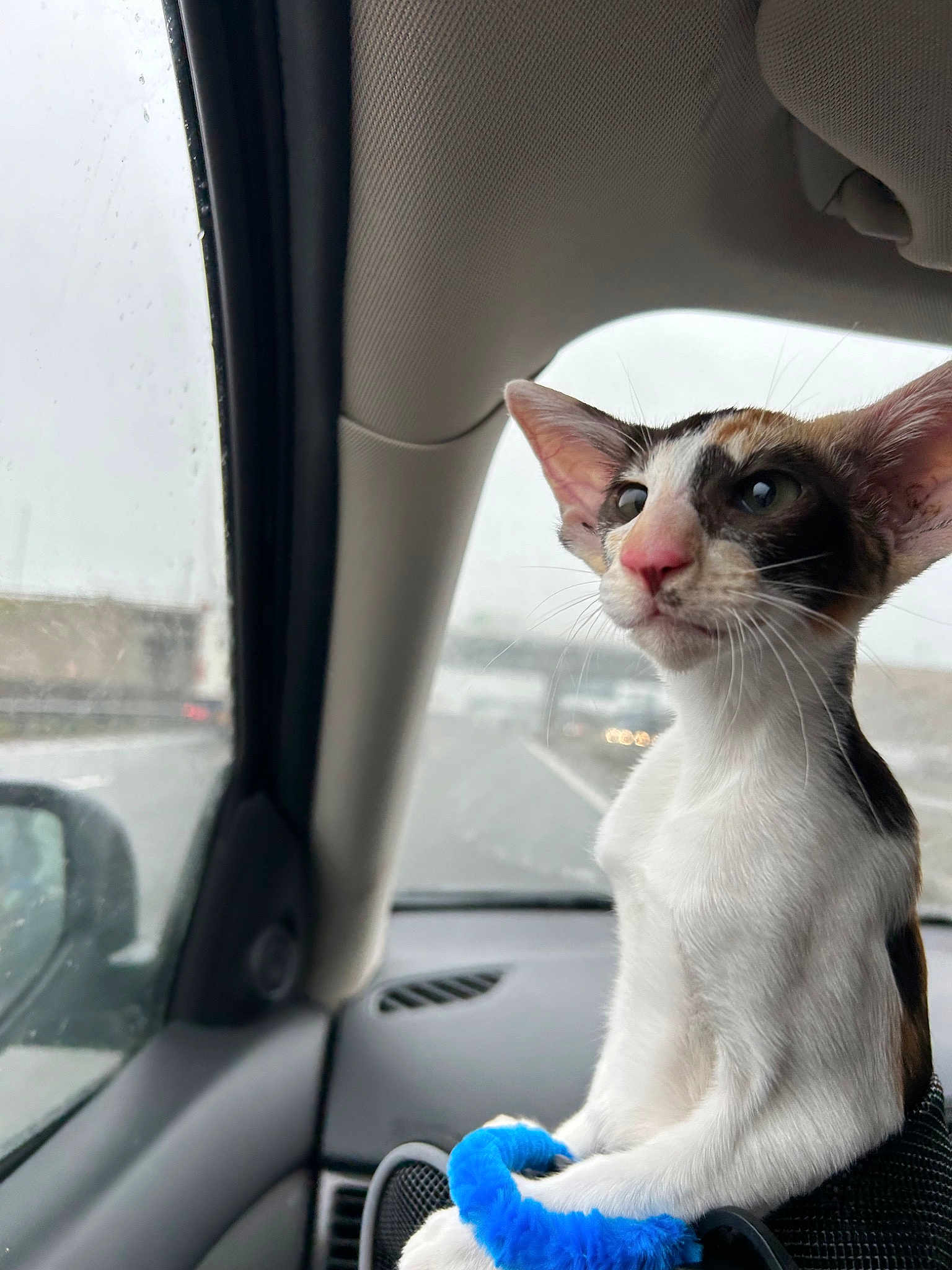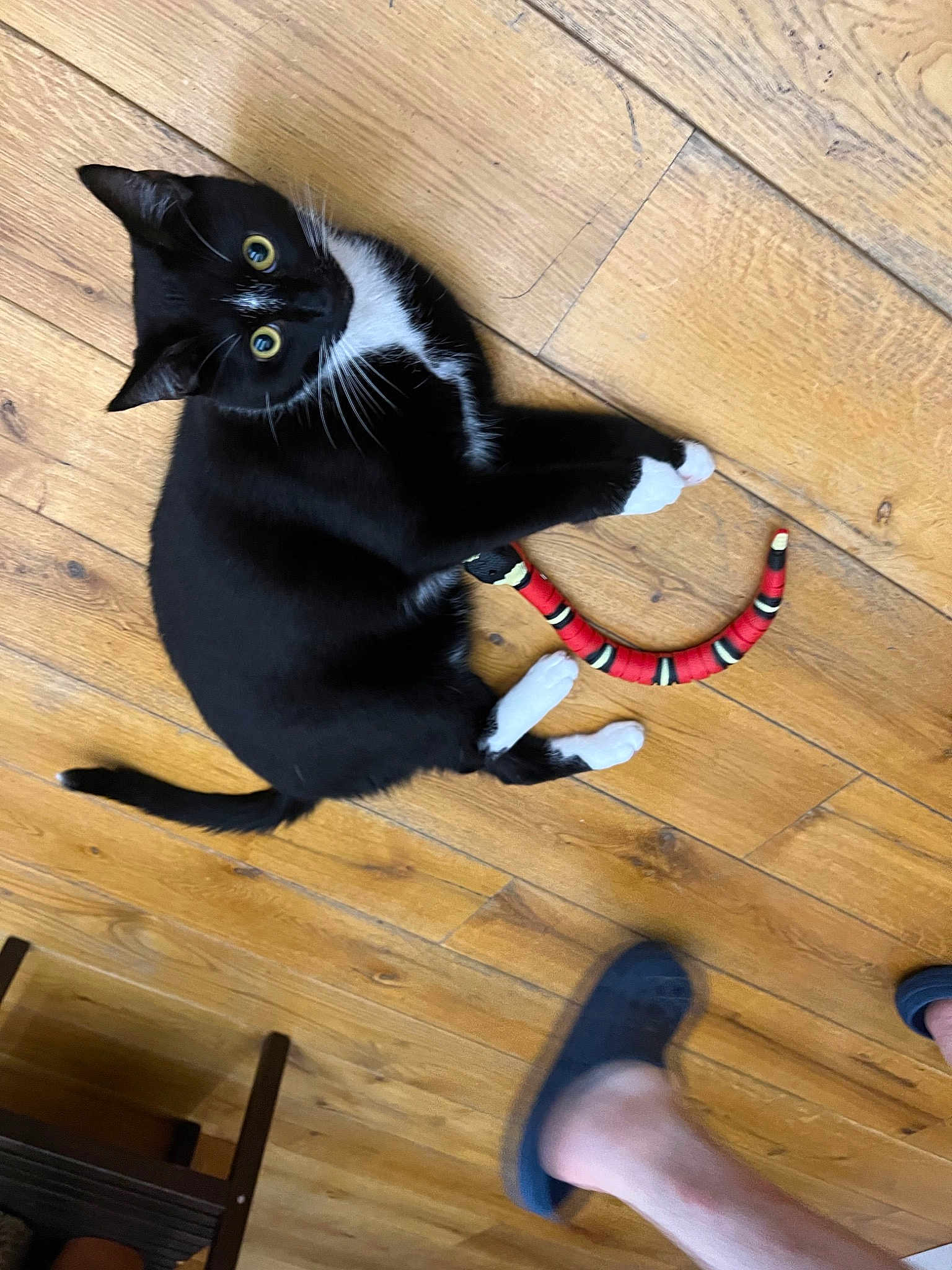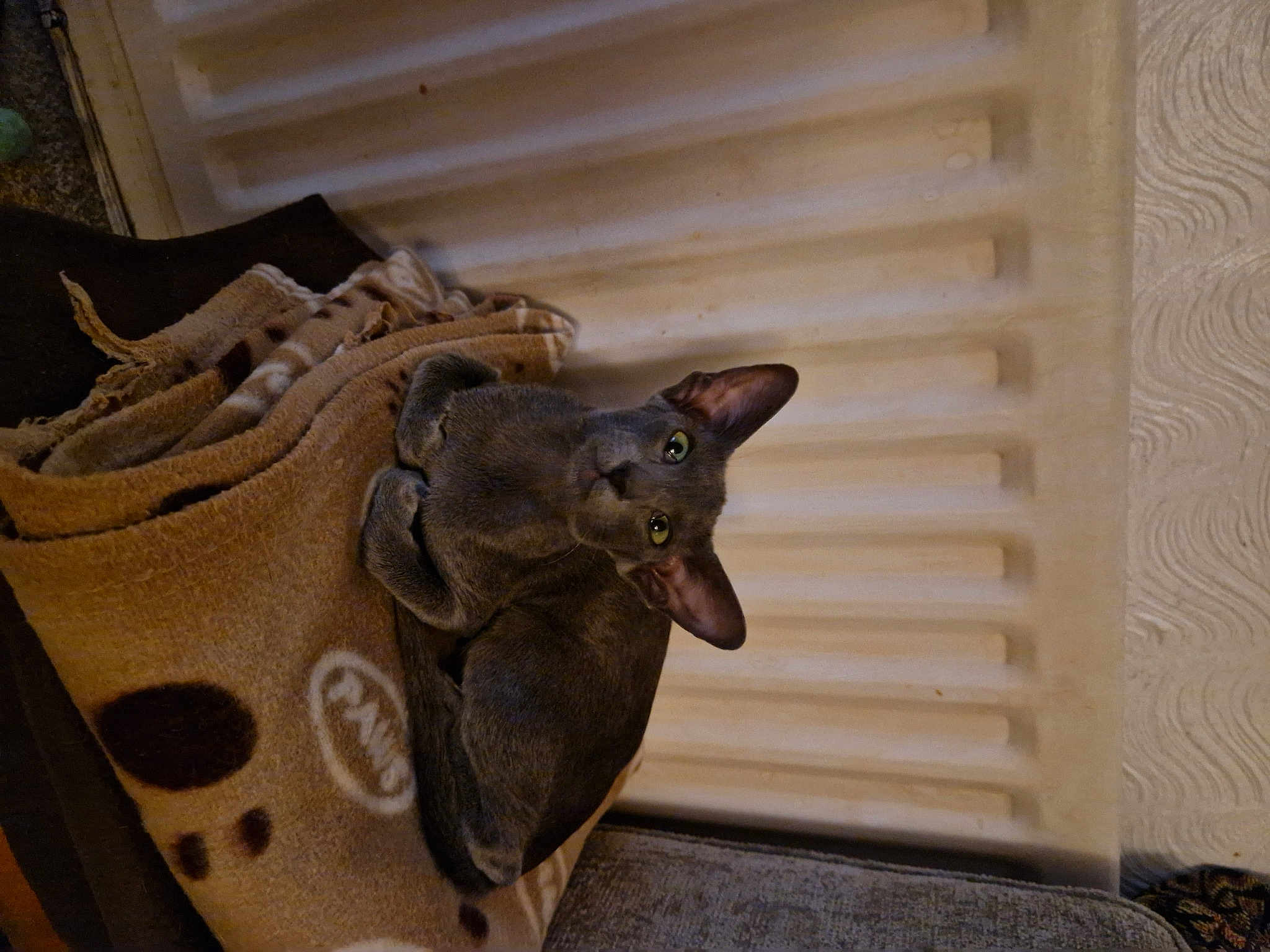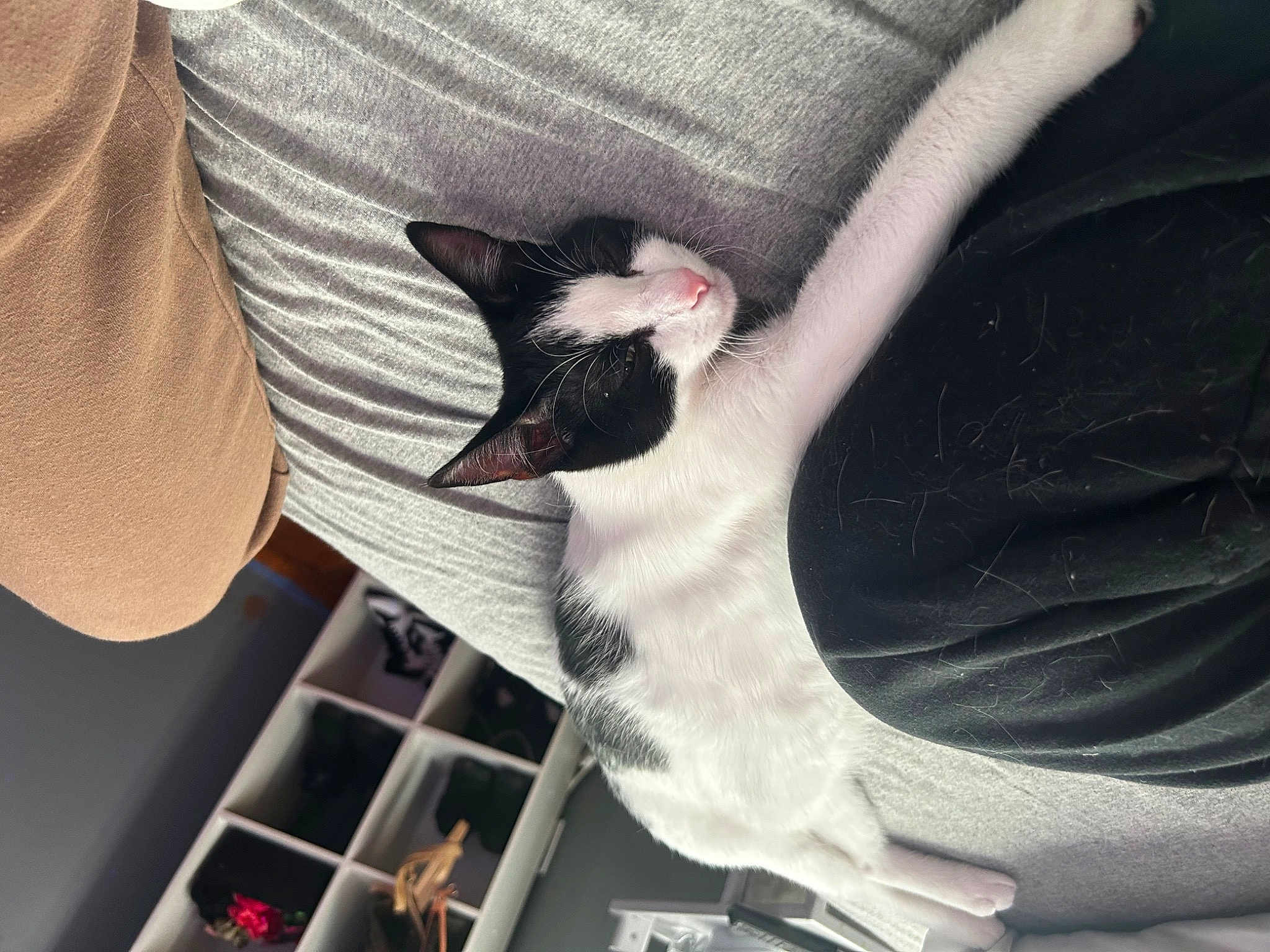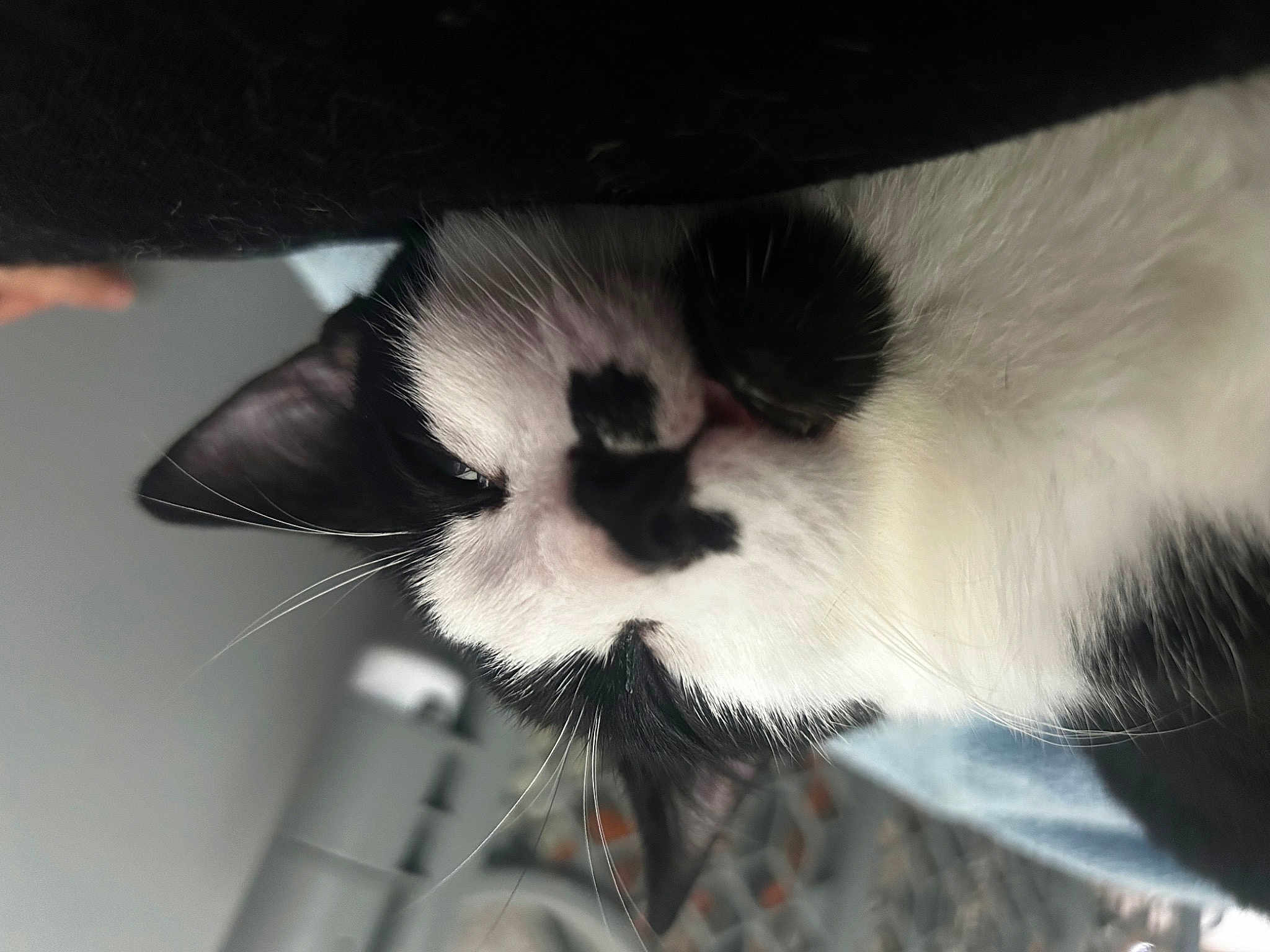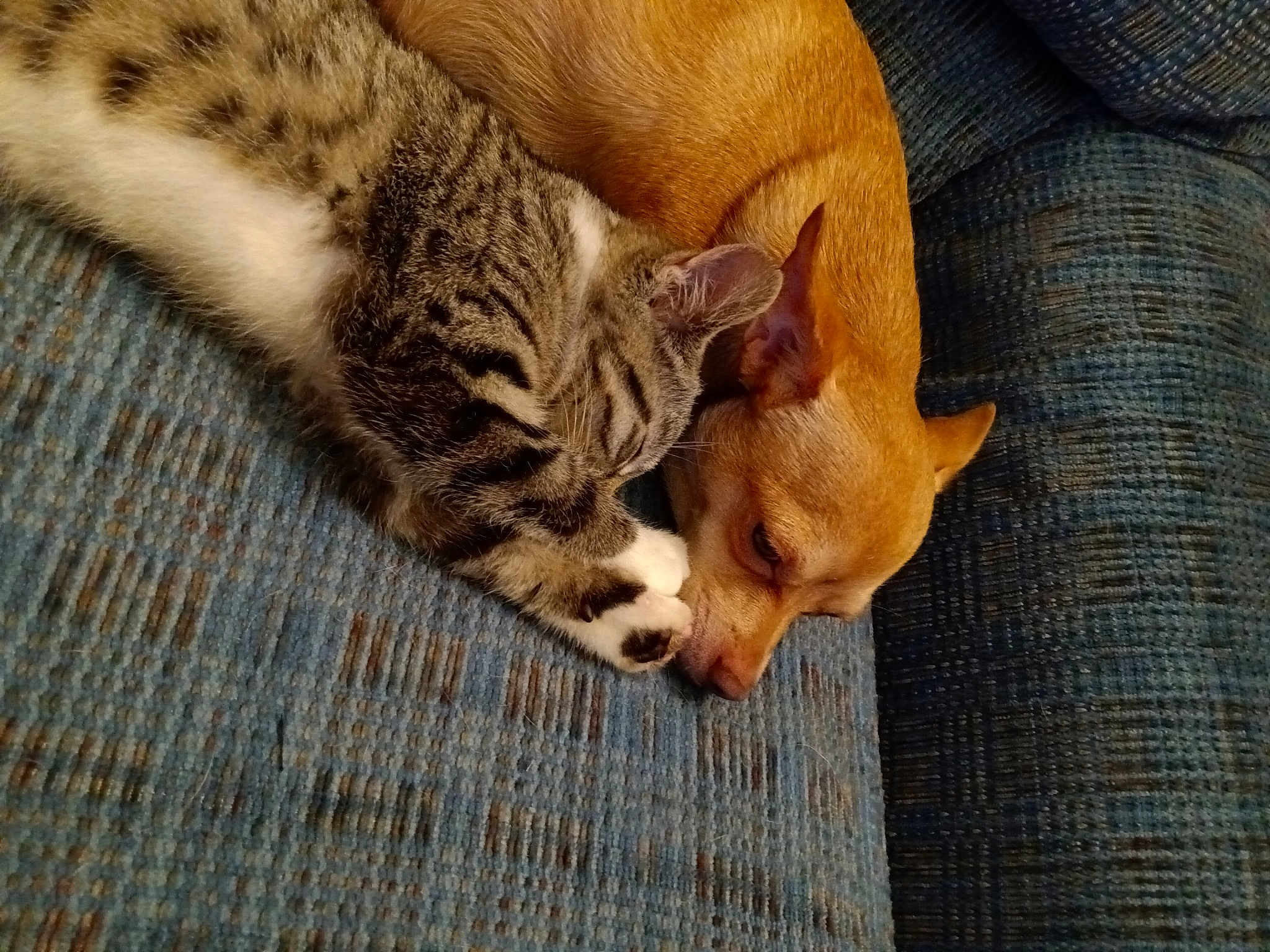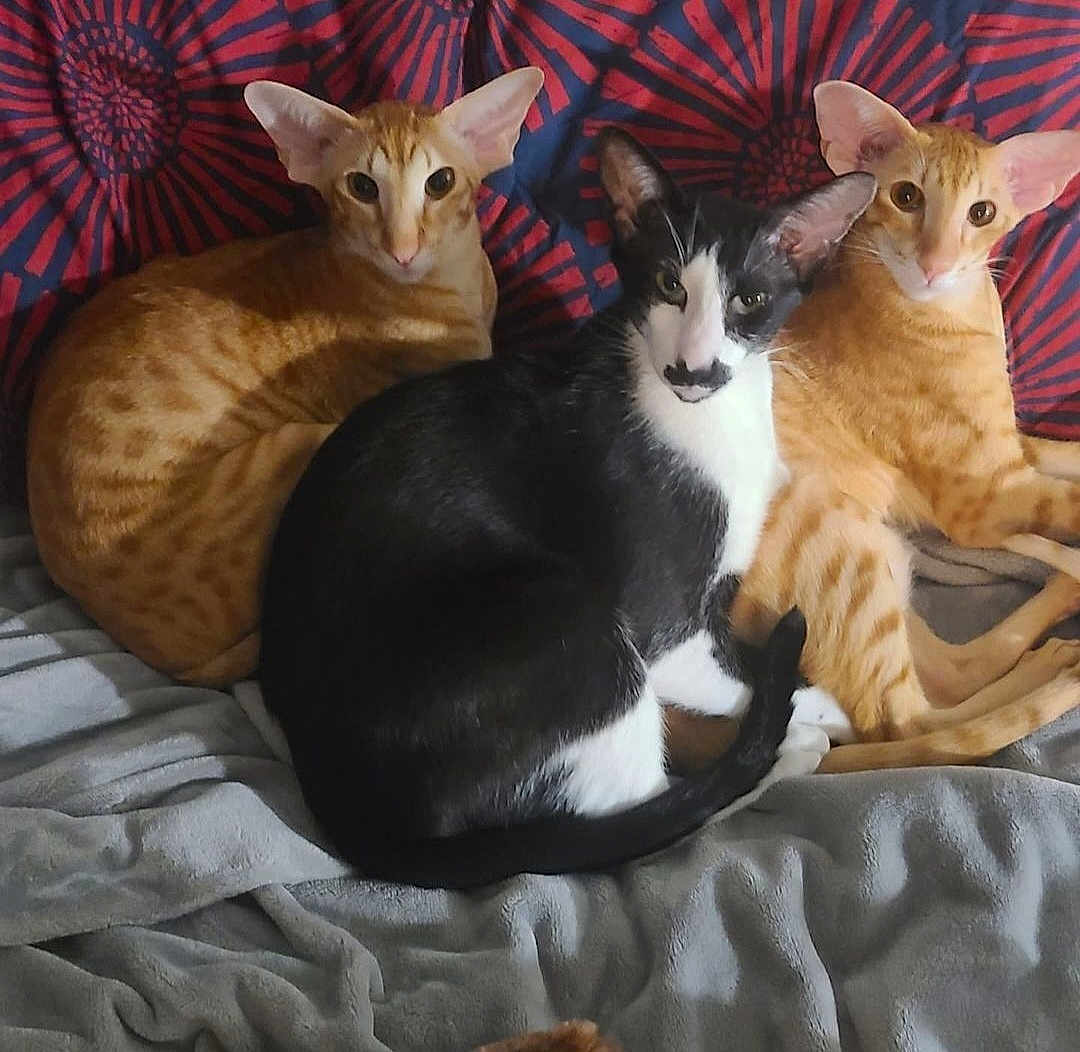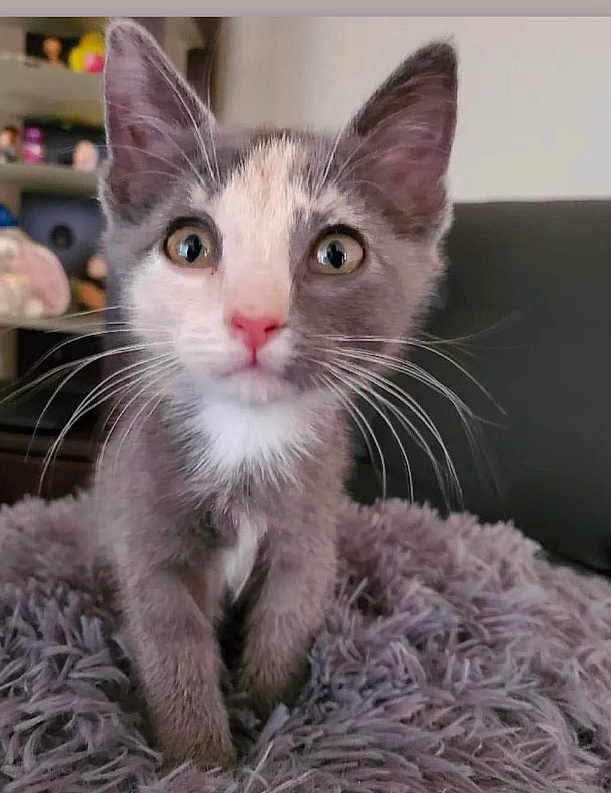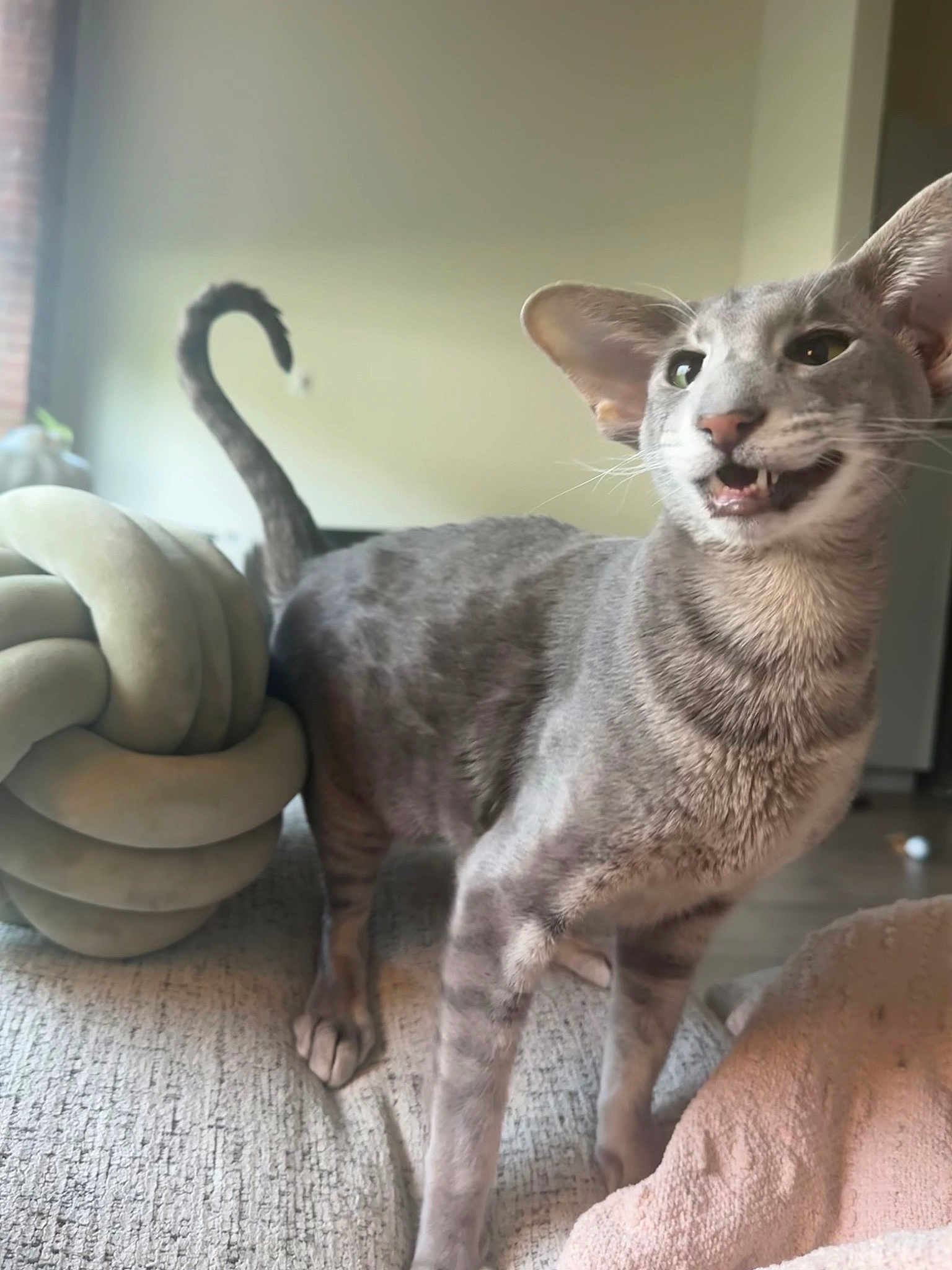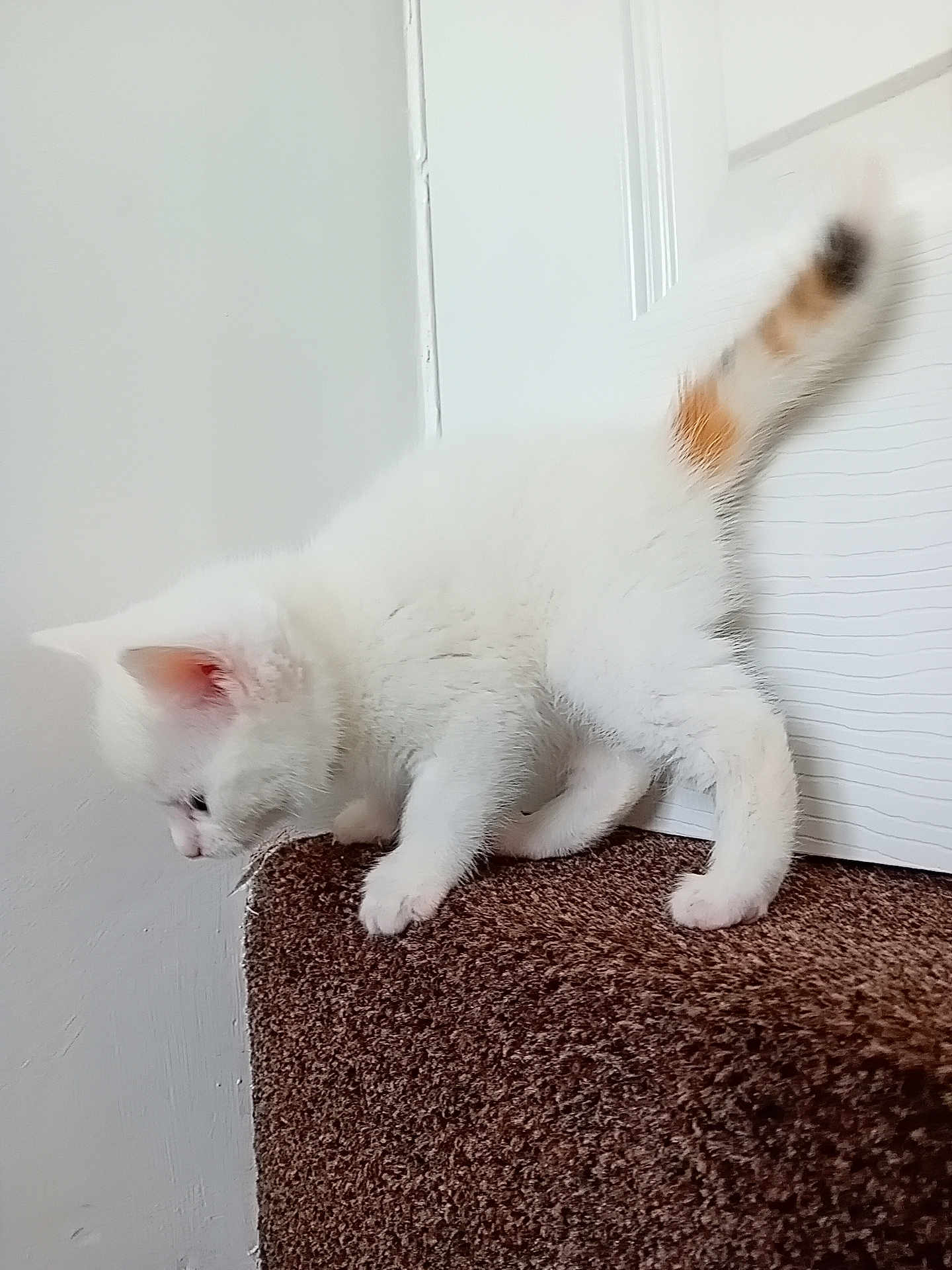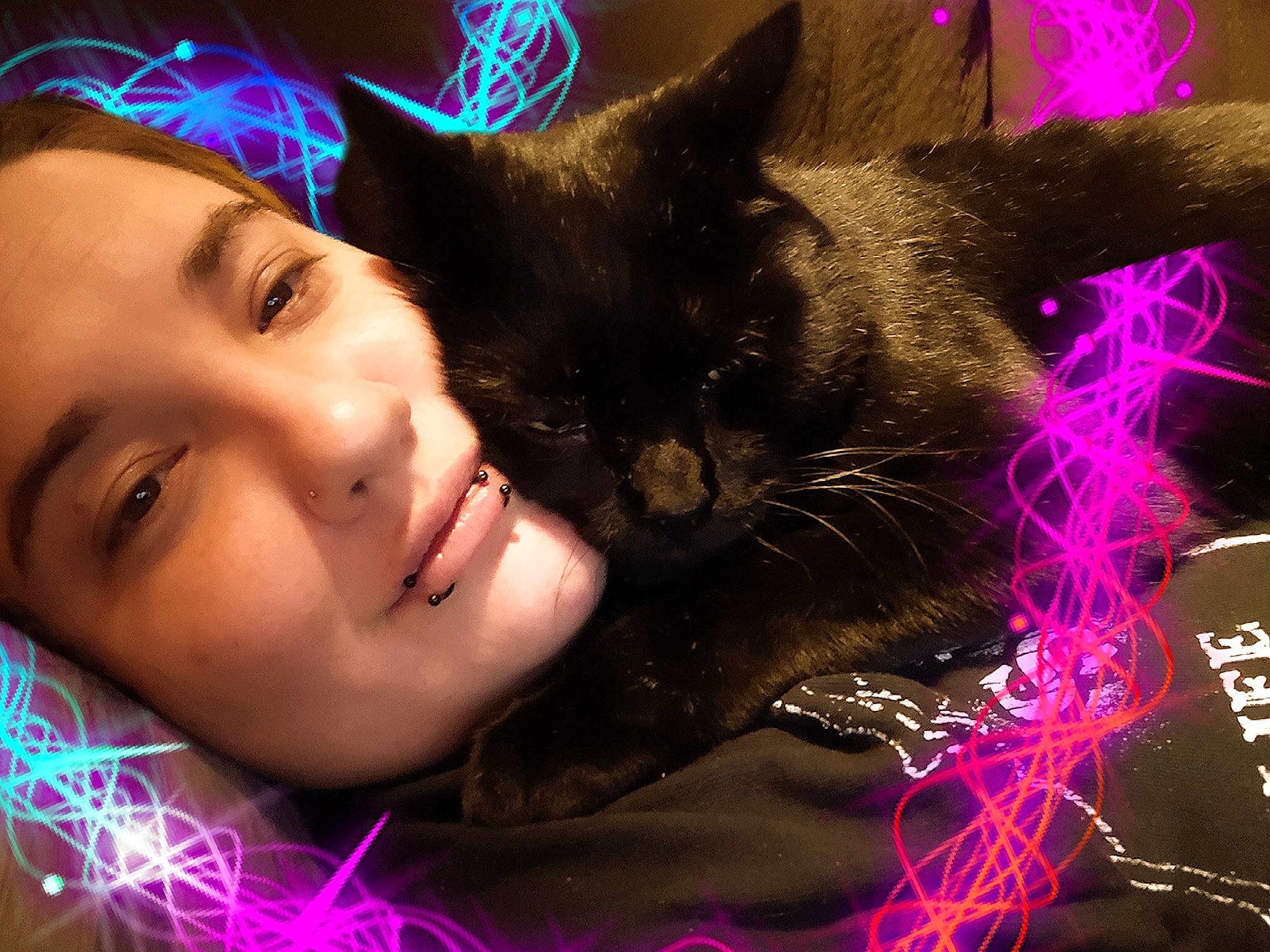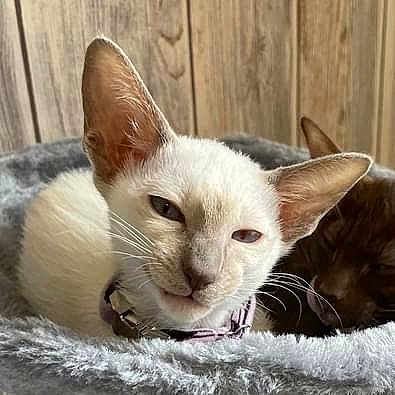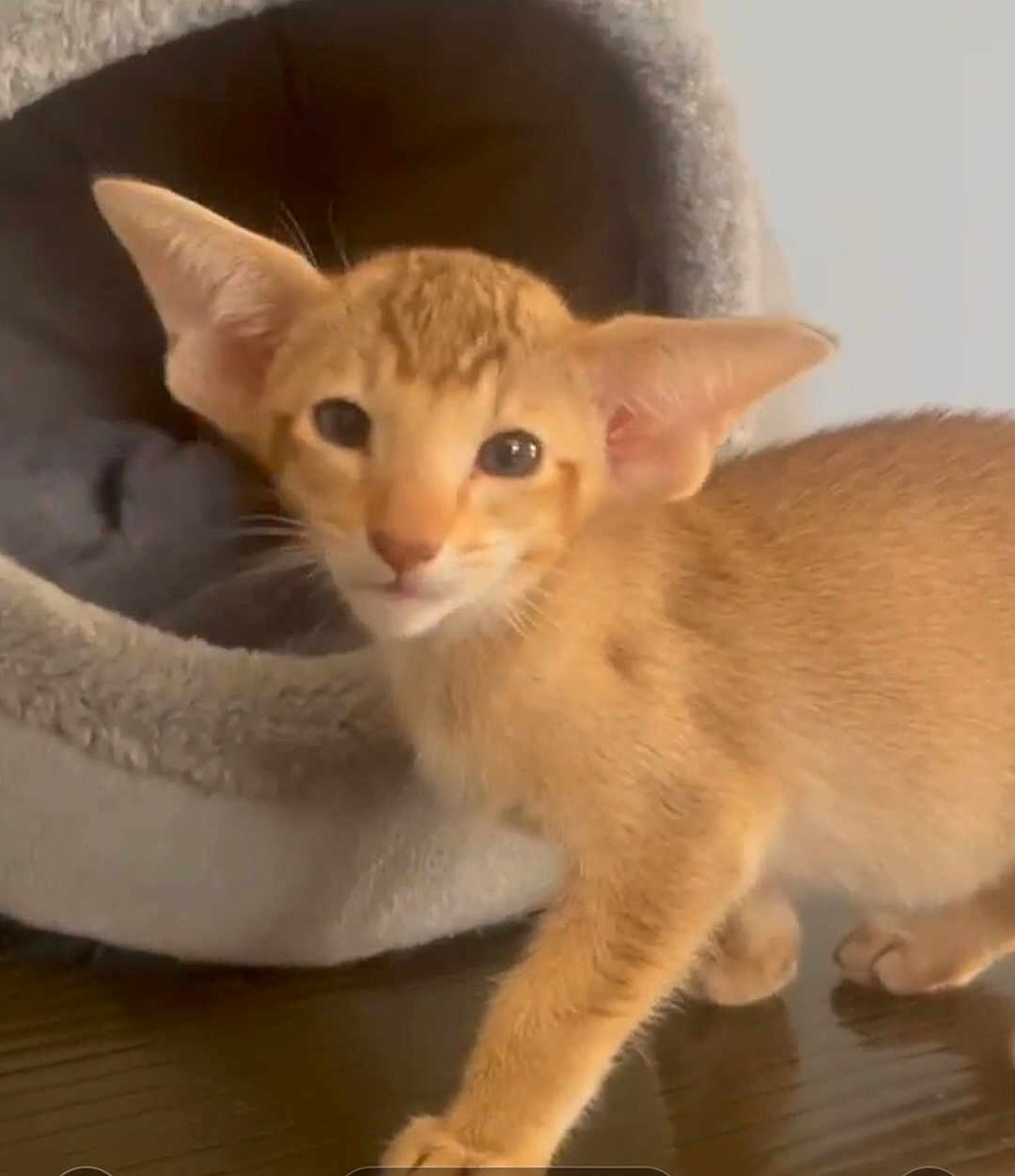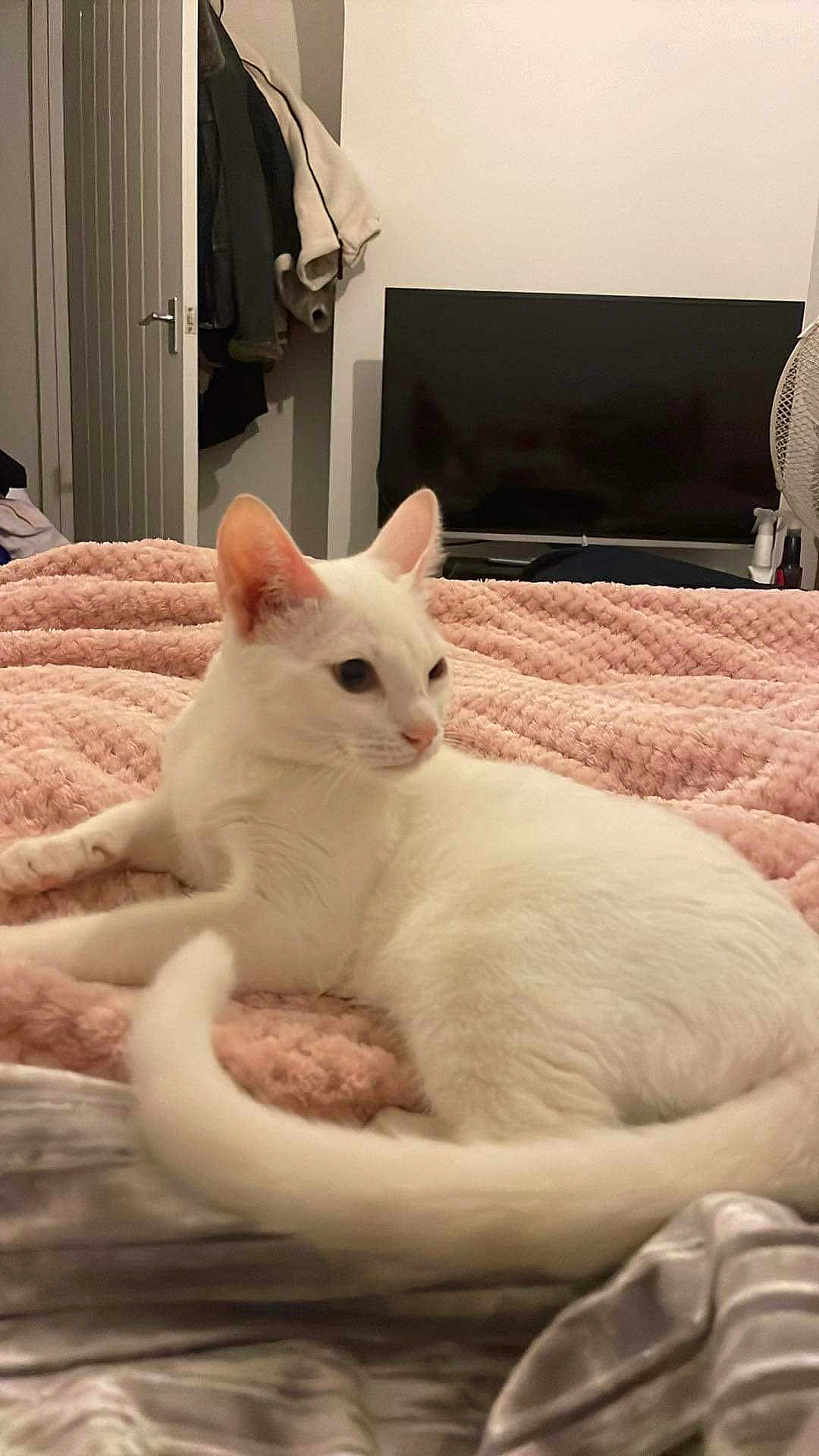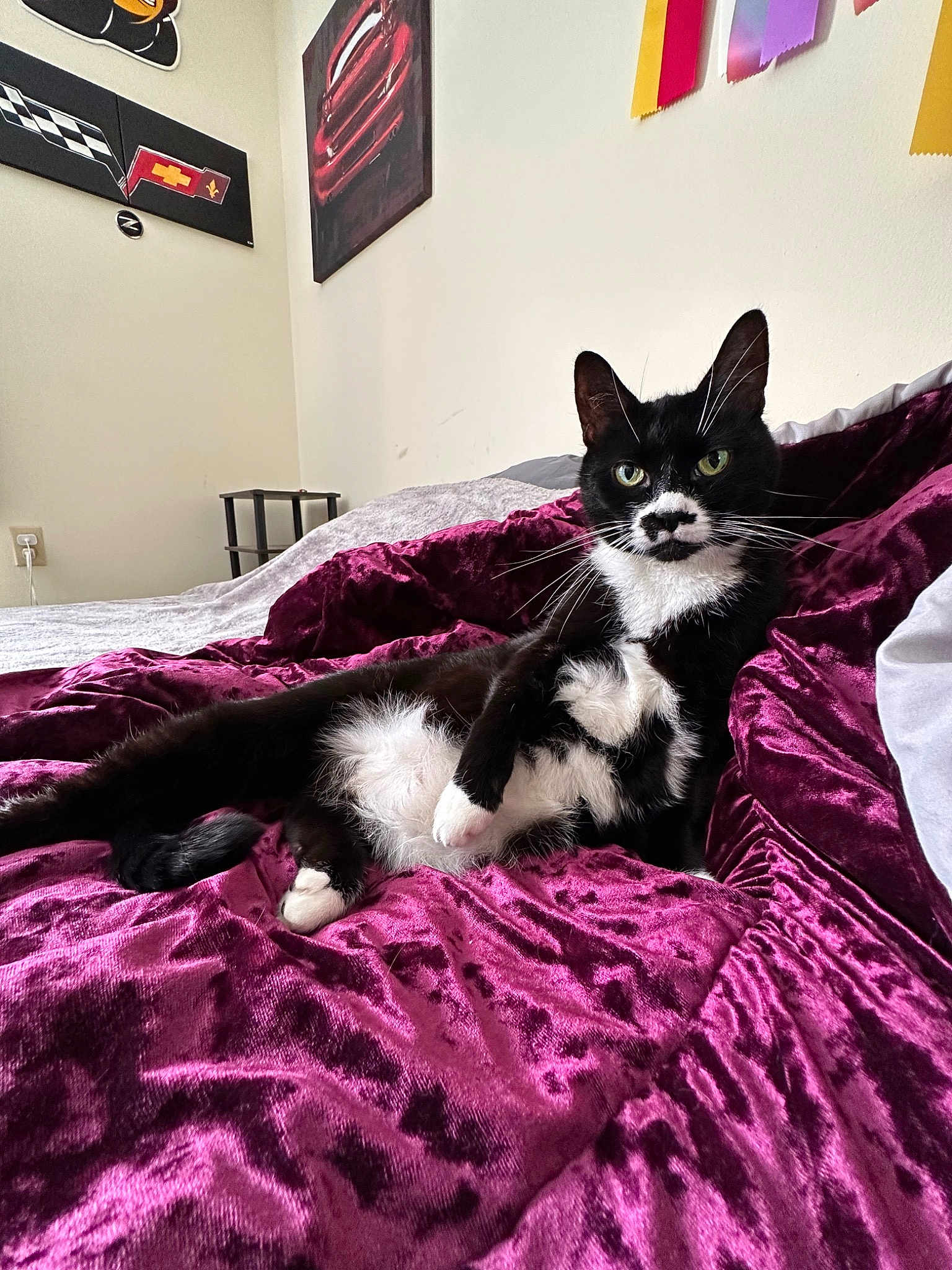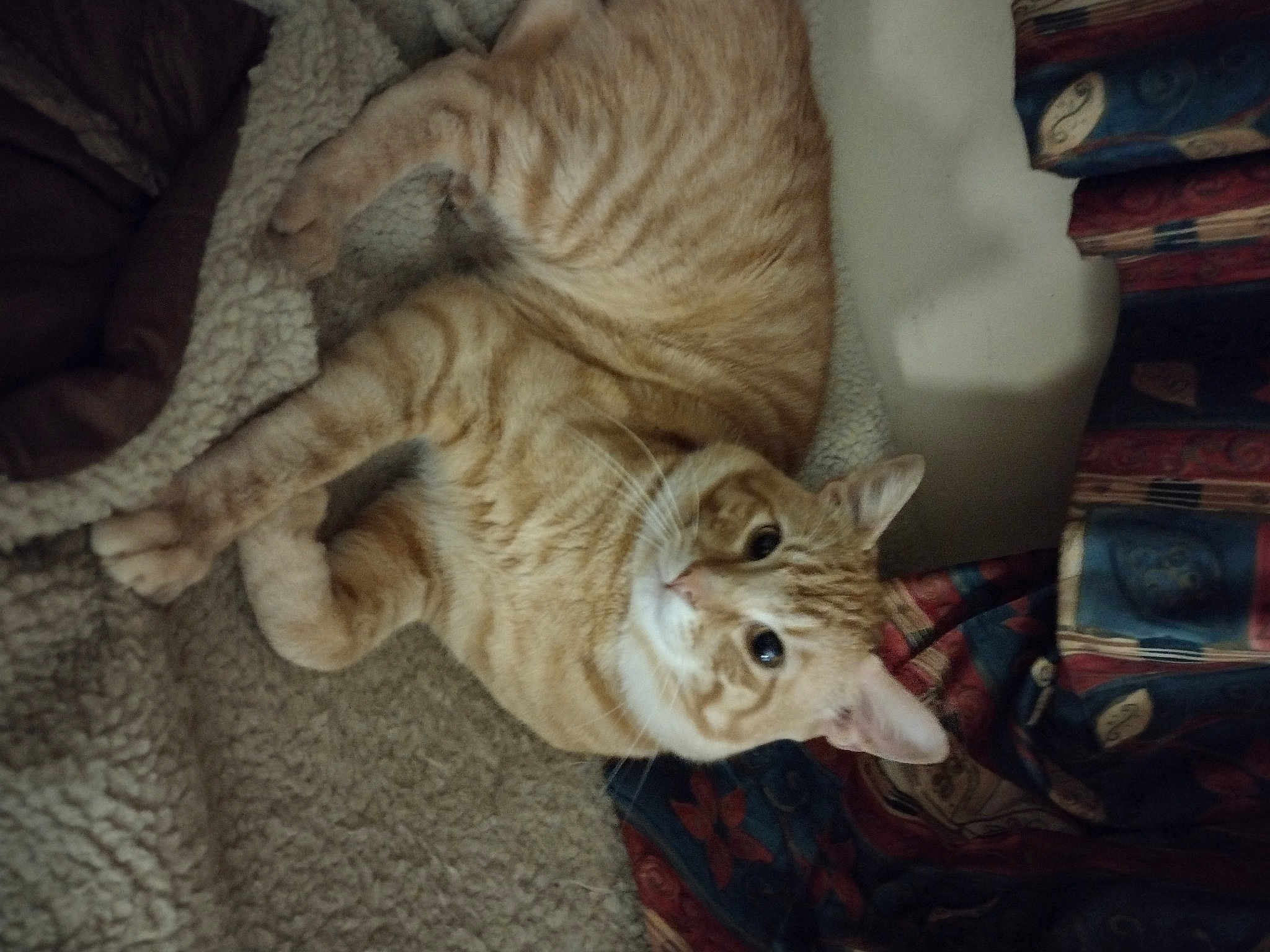
"The Oriental breed is known for its striking features and captivating personality, making it a beloved choice among cat enthusiasts. With its sleek body, almond-shaped eyes, and large ears, the Oriental exudes elegance and charm. This breed isn't just eye-catching; its diverse range of traits make it a fascinating companion."
Personality and Behavior of the Oriental
Oriental cats are known for their dynamic and engaging personalities. They are highly social animals that thrive on human interaction and can often be found seeking attention from their owners. This breed tends to form strong bonds with their human families, making them excellent companions for those who are able to spend plenty of time at home.
One of the standout traits of the Oriental is its remarkable vocalization. These cats are highly expressive and aren't shy about letting their opinions be known. They communicate with a variety of sounds, from soft murmurs to loud, insistent meows, making them highly interactive pets. Their engaging and somewhat demanding nature means that they crave stimulation and can become bored if left alone for long periods.
Oriental cats are also exceptionally intelligent and curious. This high level of intelligence means they are easily trainable but also require mental stimulation to keep them happy and healthy. Puzzle toys, interactive play, and plenty of exploration opportunities are essential to keep an Oriental cat engaged. Their inquisitive nature means they are quick learners and can often outsmart their owners.
Despite their love for human interaction, Orientals are also very adaptable. They can adjust to new environments with relative ease, provided they receive ample attention and care. This adaptability makes them suitable for various living situations, from busy households to quieter, single-person homes, as long as their social and mental needs are met.
"Oriental cats are sometimes described as having a 'dog-like' loyalty to their owners, following them from room to room and greeting them eagerly at the door."
Meanings, History and Origins of the Name Oriental
The name "Oriental" reflects the breed's exotic appearance and origins, which are bred to resemble the elegant Siamese. The Oriental Shorthair, belonging to the same family as the Siamese, shares a similar sleek body and graceful features but comes in a wide array of colors and patterns, adding to its exotic allure.
Historically, the development of the Oriental breed can be traced back to the early 20th century when breeders sought to expand on the color and pattern varieties of the Siamese. This led to the creation of the Oriental Shorthair, which was officially recognized as a distinct breed by cat associations in the later part of the century.
The breed's name "Oriental" is a nod to its ancestry and the cultural association with the elegance and sophistication of the East. The term 'Orient' itself was historically used to describe the East, encompassing parts of Asia from which the breed's ancestors are believed to have originated.
The history of the Oriental is intertwined with that of the Siamese, as both breeds share a common ancestry. This connection is evident in the cat's physical appearance, though the Oriental Shorthair, with its various coat colors and patterns, offers a remarkable contrast to the traditional Siamese.
Popularity of the Oriental
The Oriental breed has enjoyed a steady rise in popularity over the years, especially among cat enthusiasts who appreciate its distinctive appearance and engaging personality. Initially gaining popularity in the United States and the United Kingdom, the breed has since captivated cat lovers worldwide.
In English-speaking countries, the Oriental Shorthair has become a favorite choice for those looking for a unique and interactive feline companion. Cat fanciers are particularly drawn to the breed's array of colors and patterns, which sets it apart from other breeds. The cat's vocal nature and affectionate disposition have also contributed to its growing popularity among families and single pet owners alike.
Across the globe, the Oriental's appeal continues to expand. Its exotic appearance and expressive personality have earned it a place in cat shows and households on every continent. In countries like Japan and Australia, the breed has seen a notable increase in popularity, reflecting a broader trend towards more interactive and visually striking pets.
The Oriental's allure isn't limited to purebred enthusiasts. Even in regions where mixed-breed cats are more common, the distinct characteristics of the Oriental Shorthair have made it a sought-after breed. This universal appeal highlights the adaptability and charm of the Oriental, as it continues to win the hearts of cat lovers everywhere.
Health and Care of the Oriental
Oriental cats are generally healthy, with a lifespan ranging from 12 to 15 years, though some can live even longer with proper care. However, like all breeds, they are prone to specific health issues that owners should be aware of to ensure their well-being.
One common health concern for the Oriental Shorthair is dental disease. Regular dental check-ups and good oral hygiene practices, such as brushing the cat's teeth or providing dental treats, can help mitigate this risk. Additionally, this breed may be predisposed to respiratory issues and heart diseases, so routine vet visits are essential.
Diet plays a crucial role in the health of an Oriental cat. A balanced diet rich in protein and low in carbohydrates is recommended to maintain their sleek physique and high energy levels. Fresh water should always be available, and portion control is necessary to prevent obesity, a common issue in many domesticated cats.
Grooming an Oriental is relatively low maintenance due to its short coat, which requires minimal brushing. However, regular grooming sessions can help reduce shedding and keep the coat shiny. Additionally, grooming practices provide an excellent opportunity for owners to conduct health checks, such as monitoring for skin issues or ear infections.
Providing a stimulating environment is vital for the mental health of an Oriental. Owners should offer plenty of toys, climbing trees, and opportunities for play to keep these intelligent cats entertained. Interaction with owners is also crucial, as Orientals can become lonely and distressed without sufficient attention.
Training and Education of the Oriental
Training an Oriental cat can be an enjoyable experience for both the cat and the owner, thanks to the breed's high intelligence and eagerness to learn. Positive reinforcement techniques, such as treats and praise, are particularly effective in training Orientals, as these cats respond well to rewards.
Litter training is usually straightforward, as Oriental cats are naturally fastidious and prefer clean environments. Consistency and patience are key, and it's essential to provide a litter box that is easily accessible and kept clean.
Behavioral training, such as teaching the cat not to scratch furniture or to refrain from jumping on counters, can be approached with similar positive reinforcement methods. Providing suitable alternatives, like scratching posts and climbing trees, helps channel their instincts in acceptable ways.
Interactive play is also a vital part of training, as it keeps the cat mentally stimulated and physically active. Toys that mimic the hunting experience, such as feather wands or laser pointers, can engage an Oriental's natural curiosity and energy, making playtime both fun and educational.
Socialization is another important aspect of training for Oriental cats. Early exposure to different environments, people, and other pets can help them become well-adjusted and confident adults. Given their social nature, Orientals generally adapt well to new experiences, provided they are introduced gradually and positively.
Cultural or Regional Variations of the Name
Throughout its history, the Oriental breed has been known by various names in different regions, reflecting its cultural significance and local interpretation. In some areas, the breed is referred to as the "Oriental Shorthair" to distinguish it from other breeds with similar backgrounds. In others, it may simply be called "Oriental" or "Oriental Cat."
The breed's name can also vary based on the language and cultural context. For example, in Japan, it might be referred to as "オリエンタルショートヘア" (Orientarushōtohea), combining the English name with the local katakana script. These variations highlight the global appreciation for the breed's unique characteristics and its integration into diverse cultures.
Recent Trends or Shifts in the Name's Popularity
In recent years, there has been a resurgence in the popularity of the Oriental breed, particularly among younger cat owners and influencers. Social media platforms like Instagram and TikTok have played a significant role in this trend, with many Oriental cats gaining large followings due to their striking looks and engaging personalities.
The breed's versatility in appearance, coupled with its affectionate nature, has made it a popular choice for those seeking a charismatic and photogenic pet. This increased visibility on social media has also led to a growth in demand for Oriental cats and interest in their breeding and care.
Popular Breeds Featured in Movies, TV Shows, or Literature
While the Oriental breed itself may not be as commonly featured in mainstream media as some other breeds, its close relative, the Siamese, has often taken center stage. This association has indirectly brought attention to the Oriental, as its similarities in appearance and behavior make it an attractive alternative for those captivated by the Siamese's portrayal in films and books.
Notable examples include the Siamese cats in Disney's "Lady and the Tramp" and "The Aristocats," which have charmed audiences and led many to explore related breeds like the Oriental.
Choosing the right cat breed depends on various factors, including lifestyle, personality, and living conditions. For those seeking a highly interactive, affectionate, and intelligent companion, the Oriental breed offers a unique blend of charm, curiosity, and loyalty. Their striking looks and engaging nature make them a delightful addition to any home.
In conclusion, the Oriental breed's lasting significance lies in its blend of elegance, intelligence, and affectionate personality. At KingPet, we see countless Orientals participating in our contests, showcasing their charm and beauty. The Oriental makes an exceptional choice for those looking to add a unique and loving feline friend to their family.


























